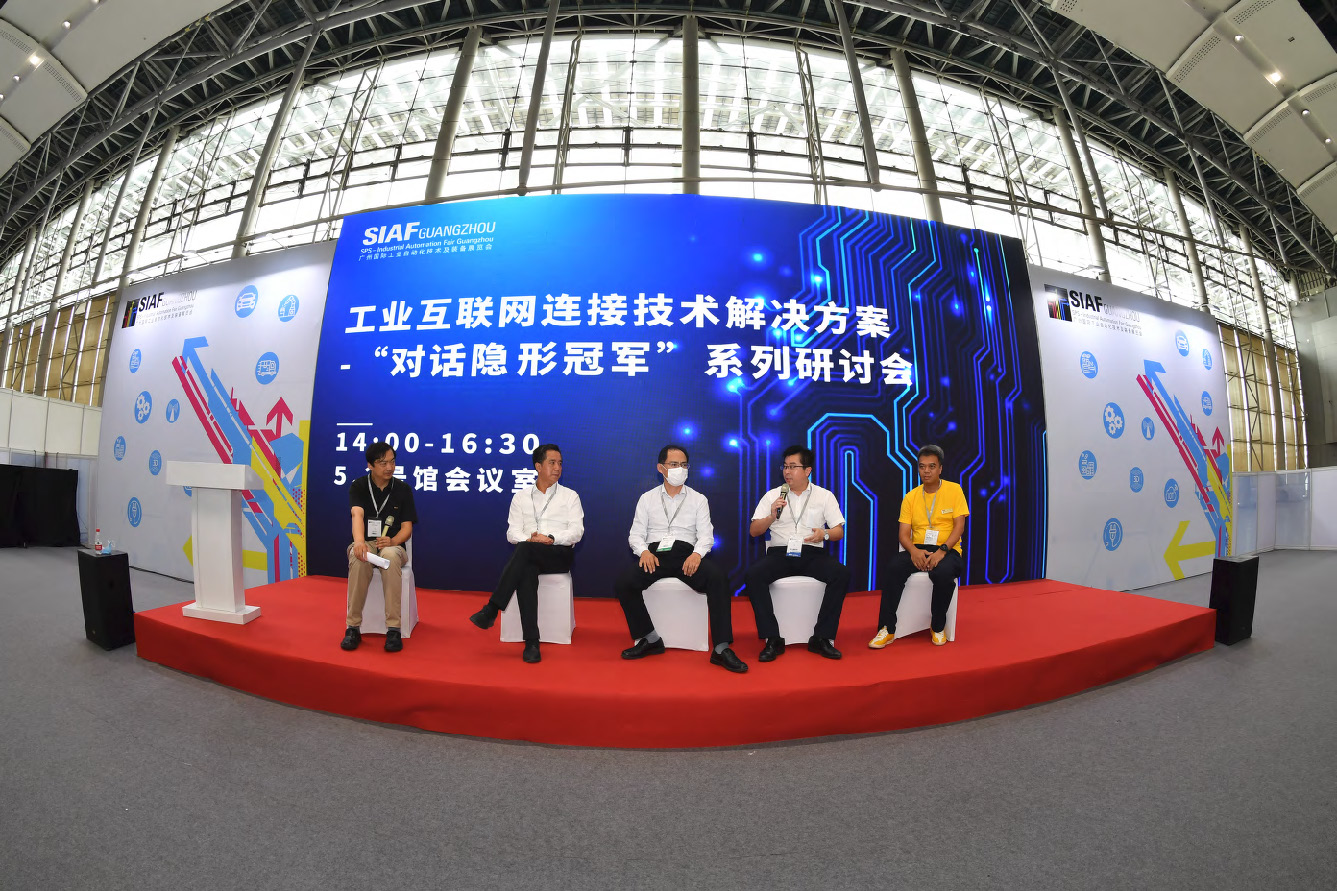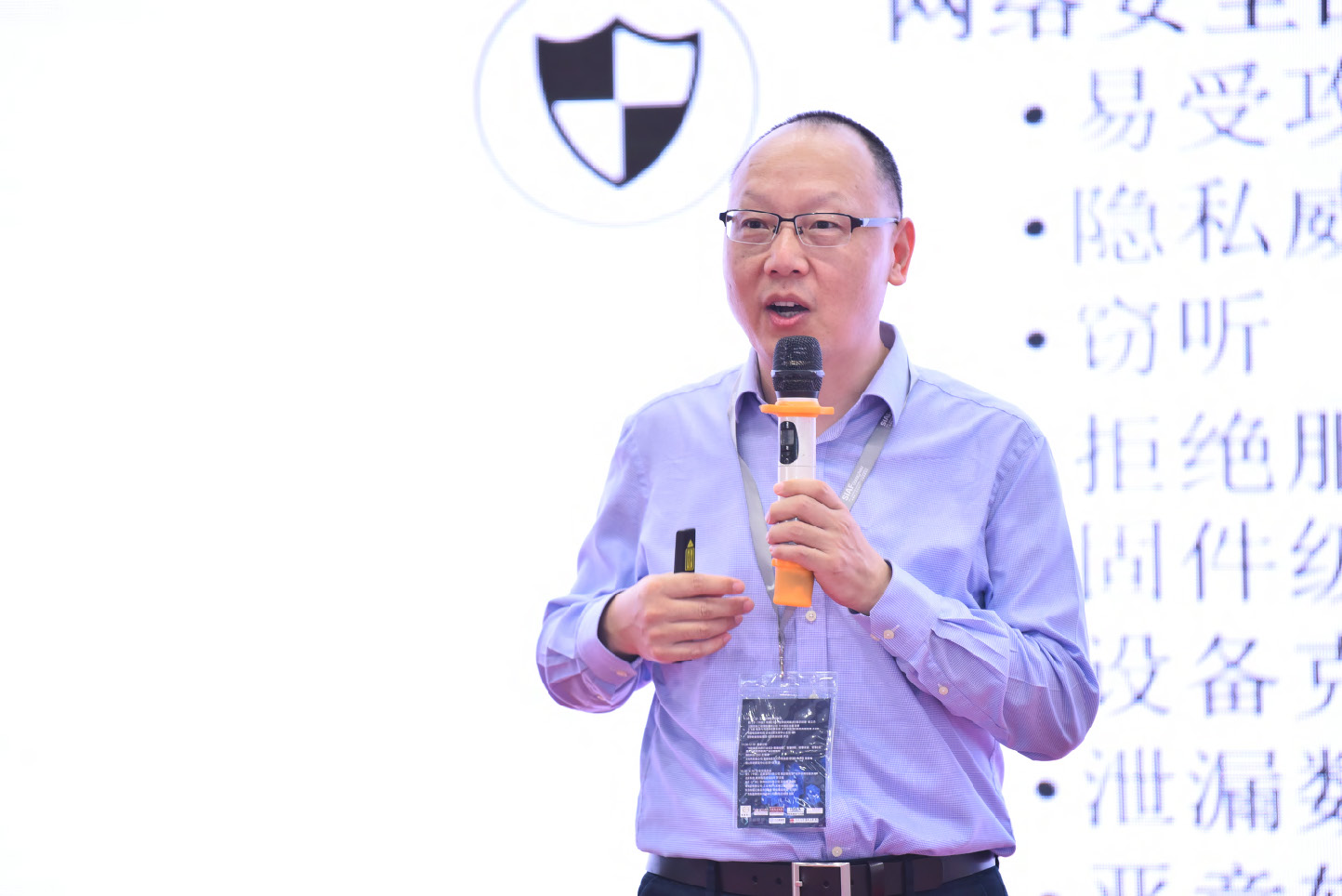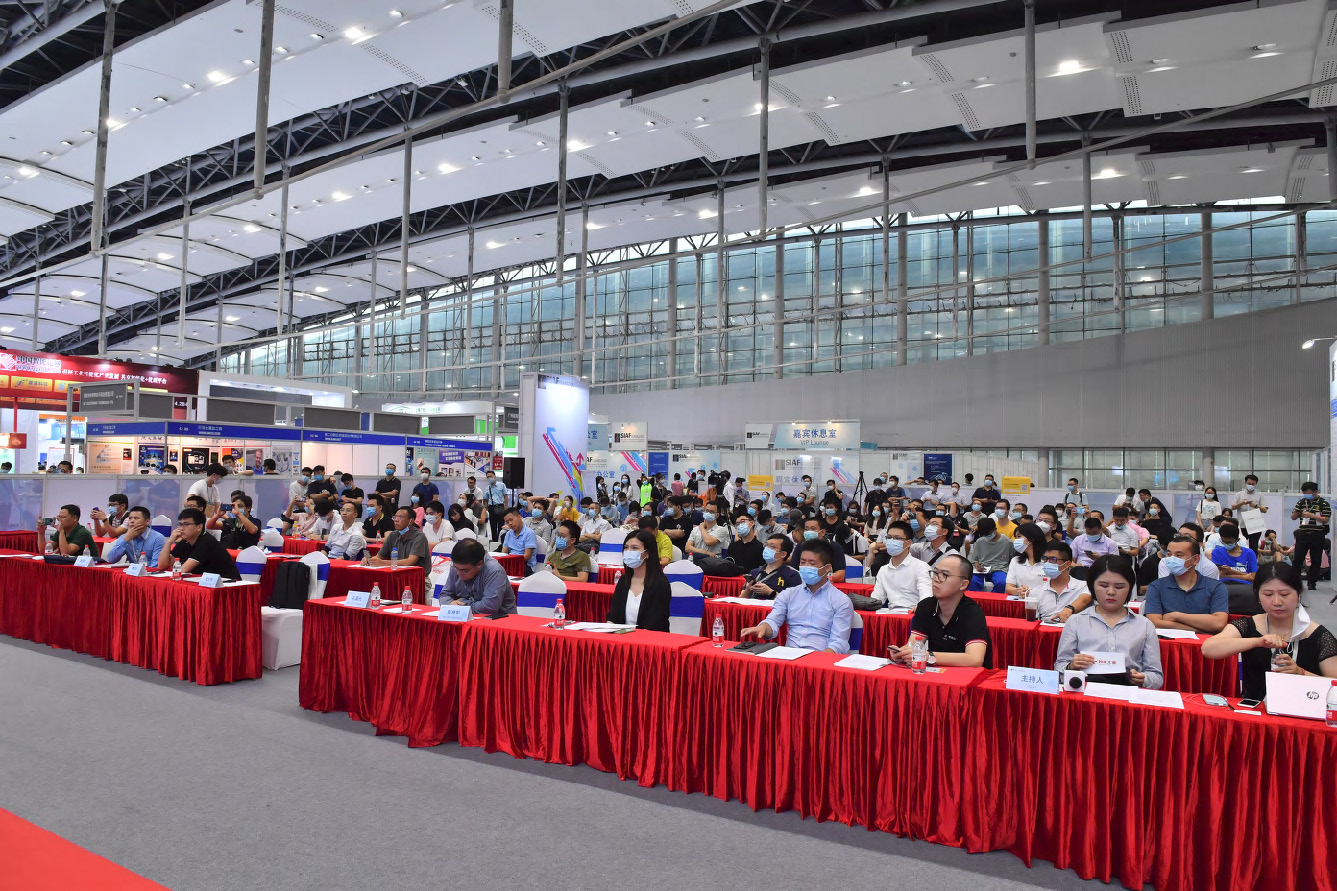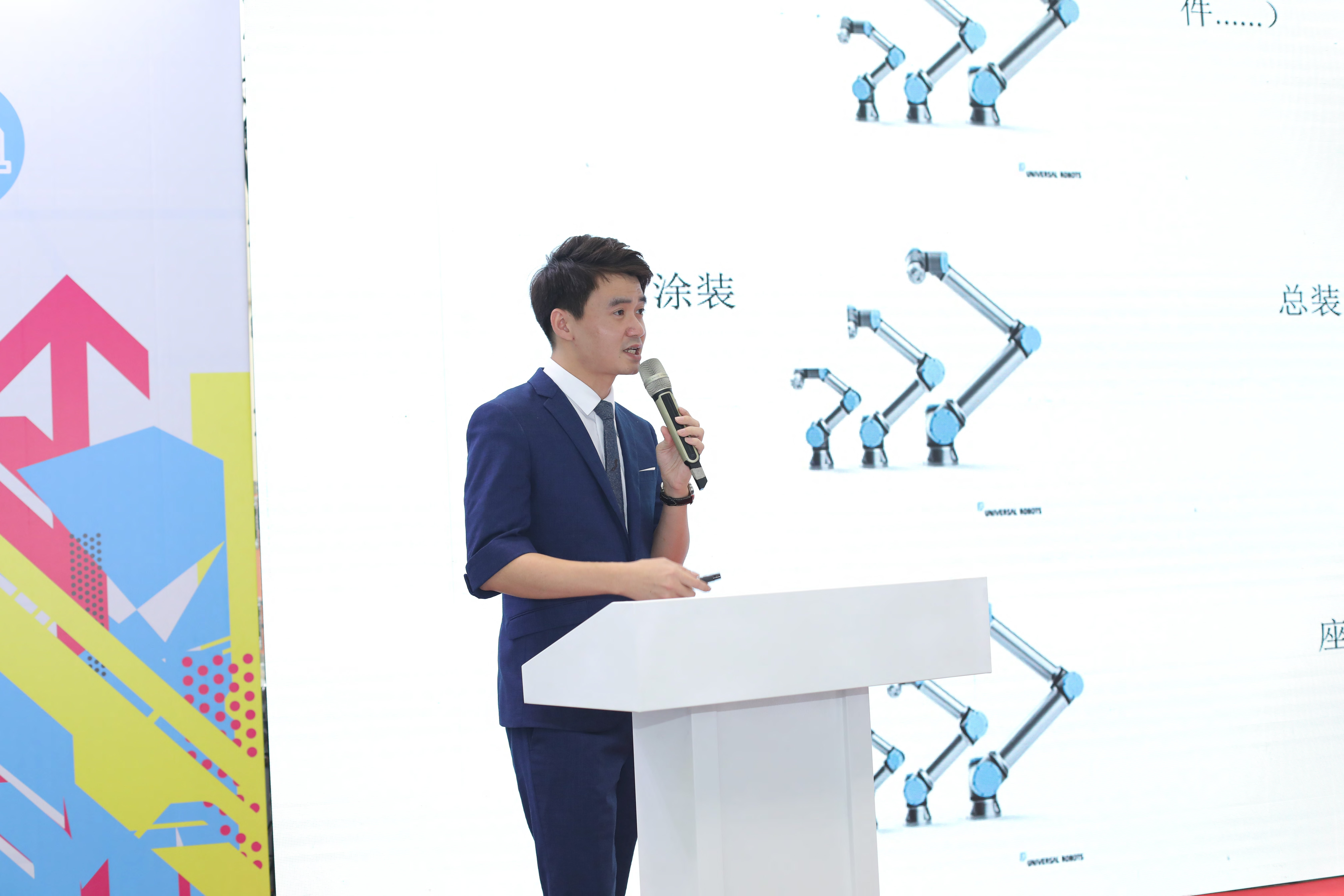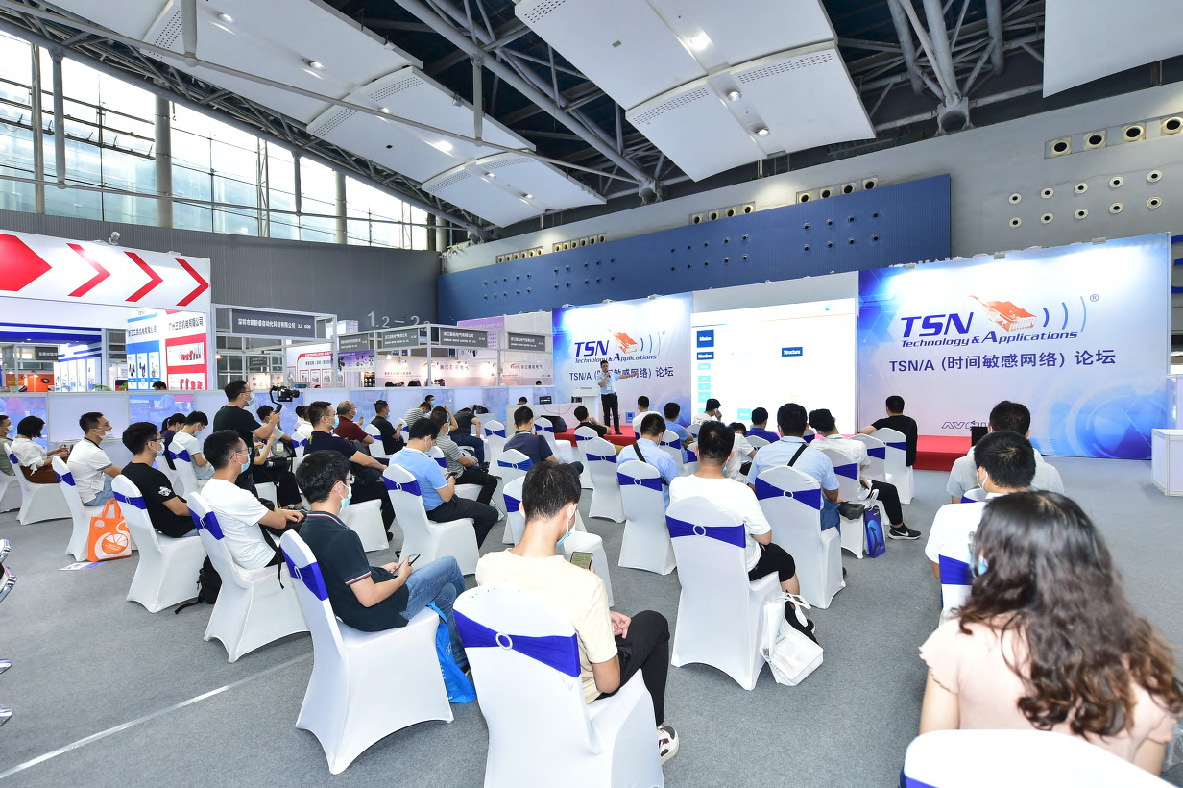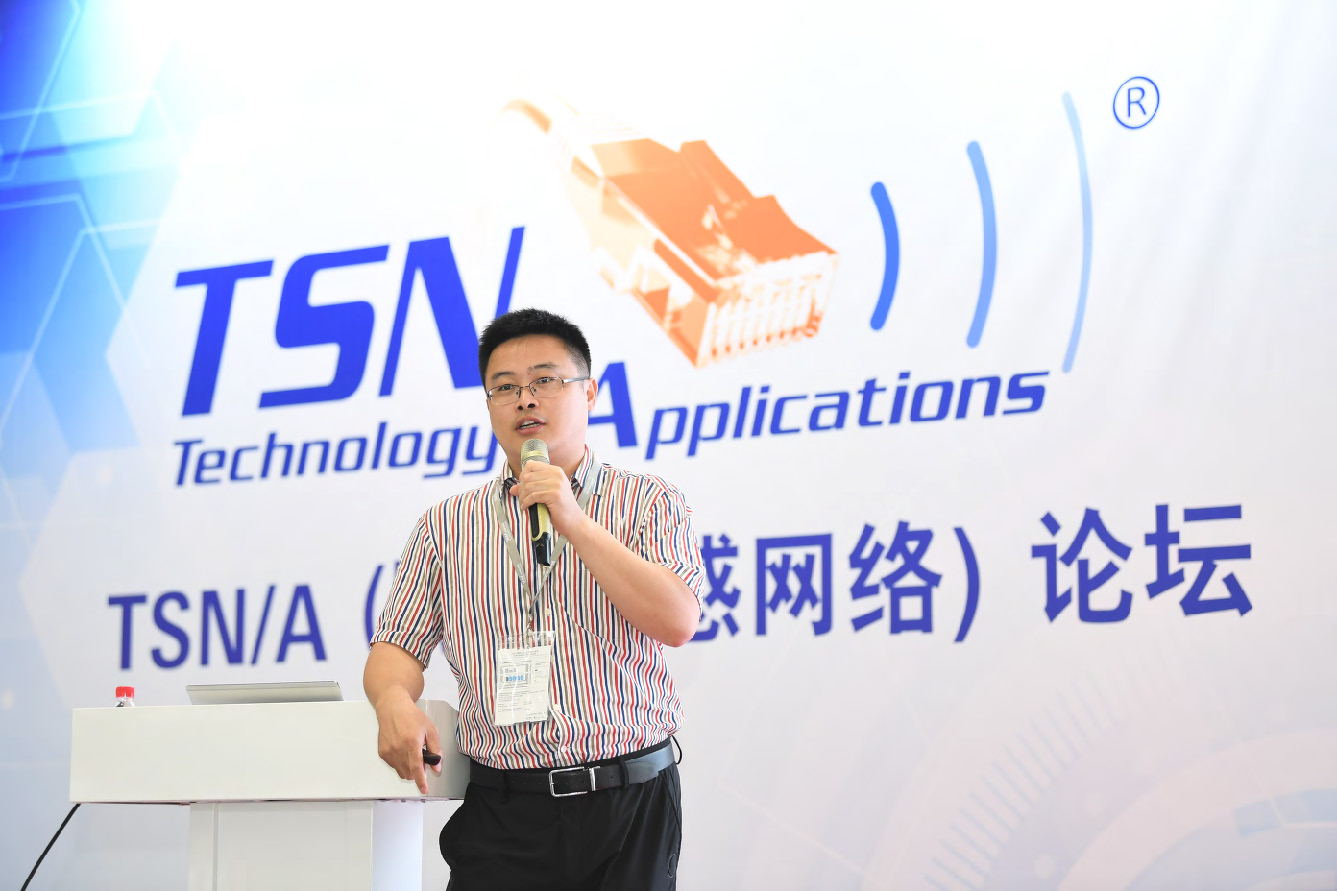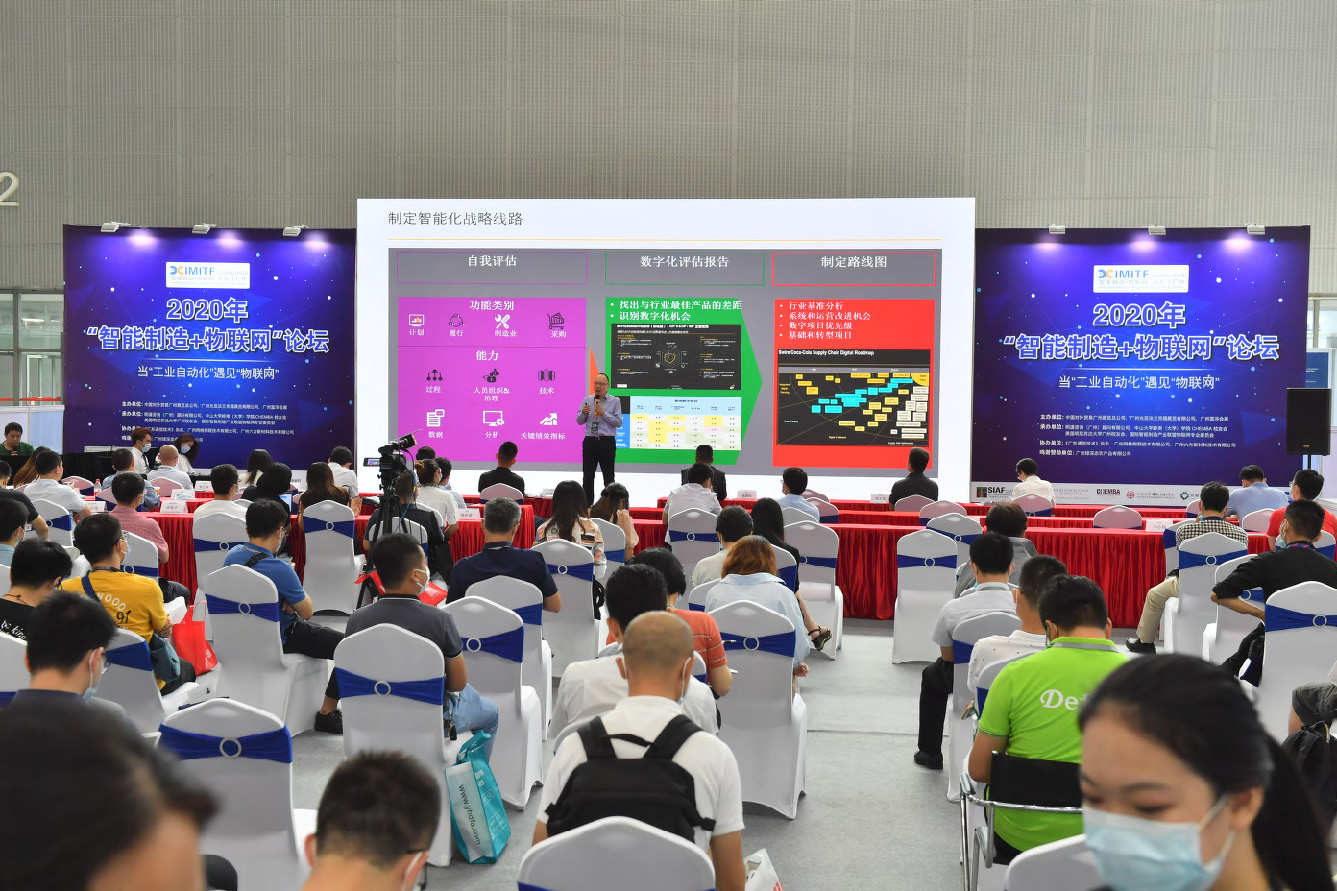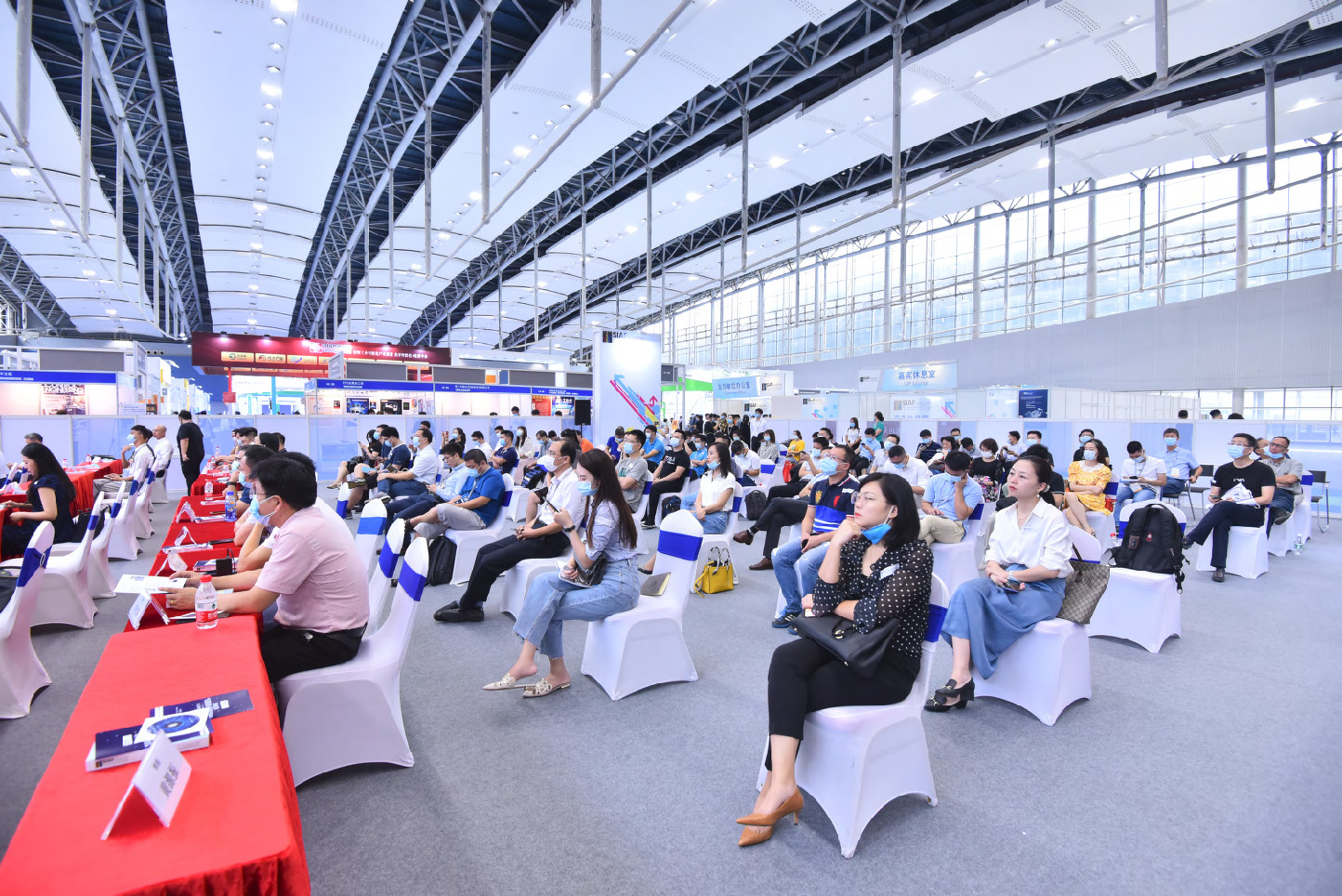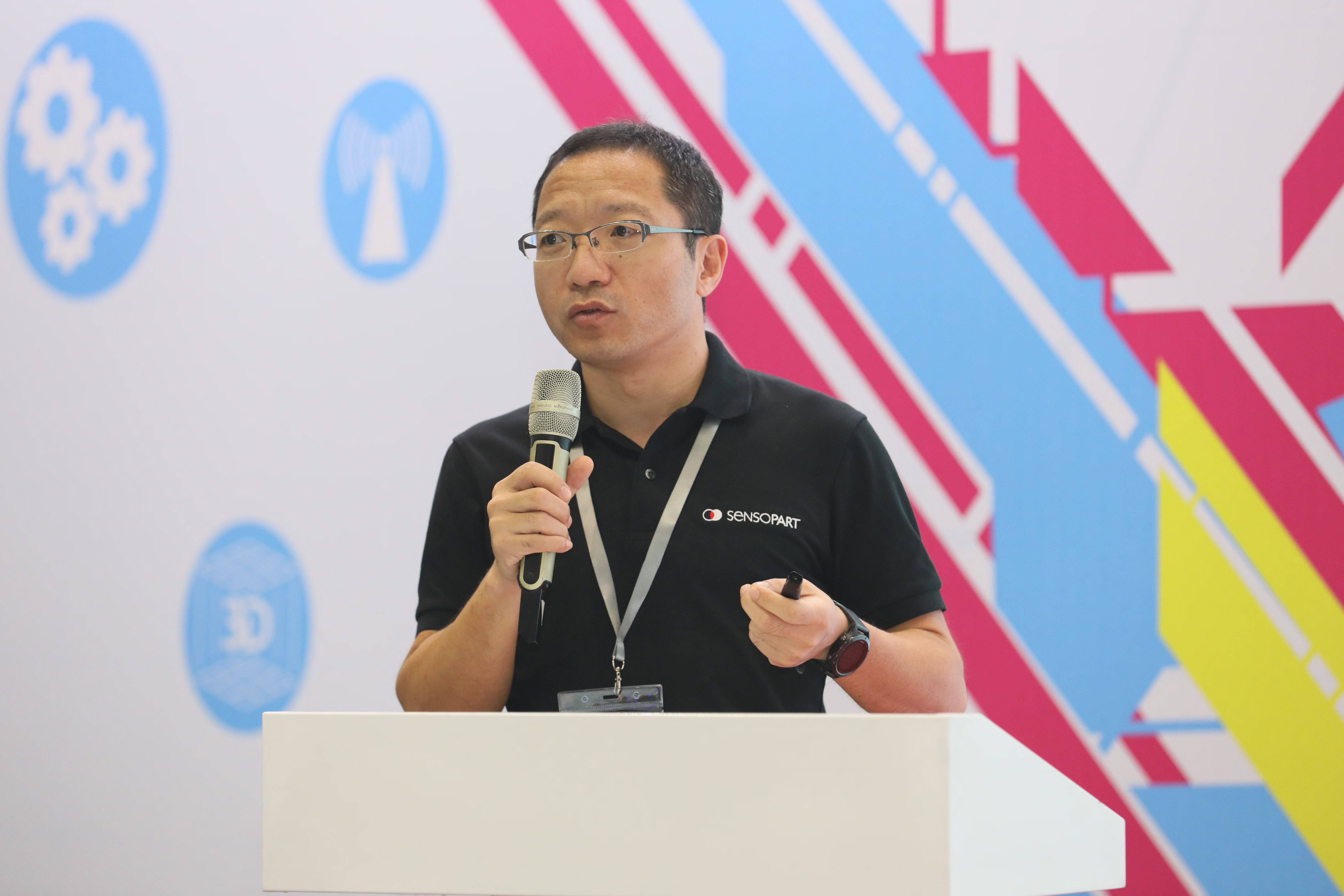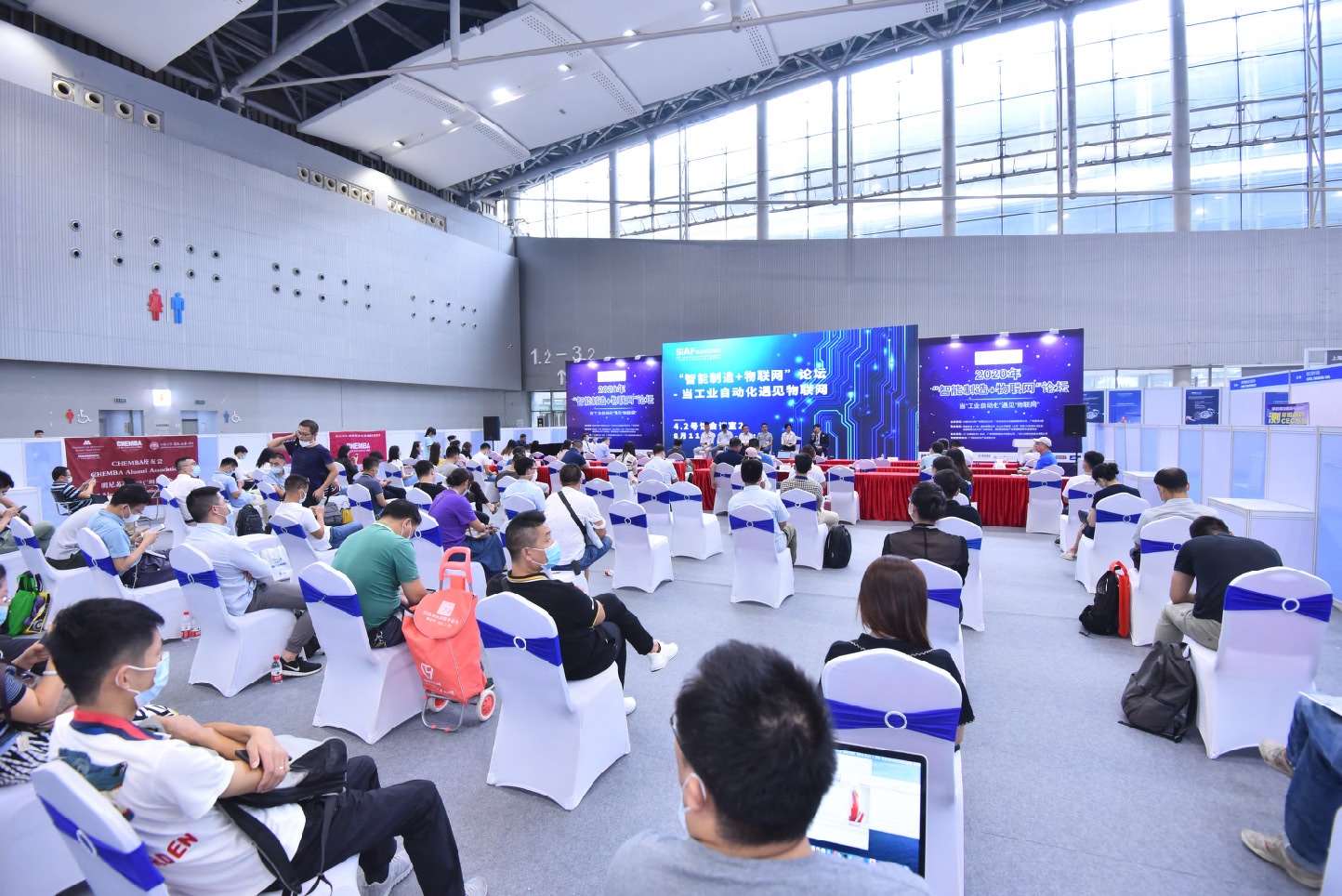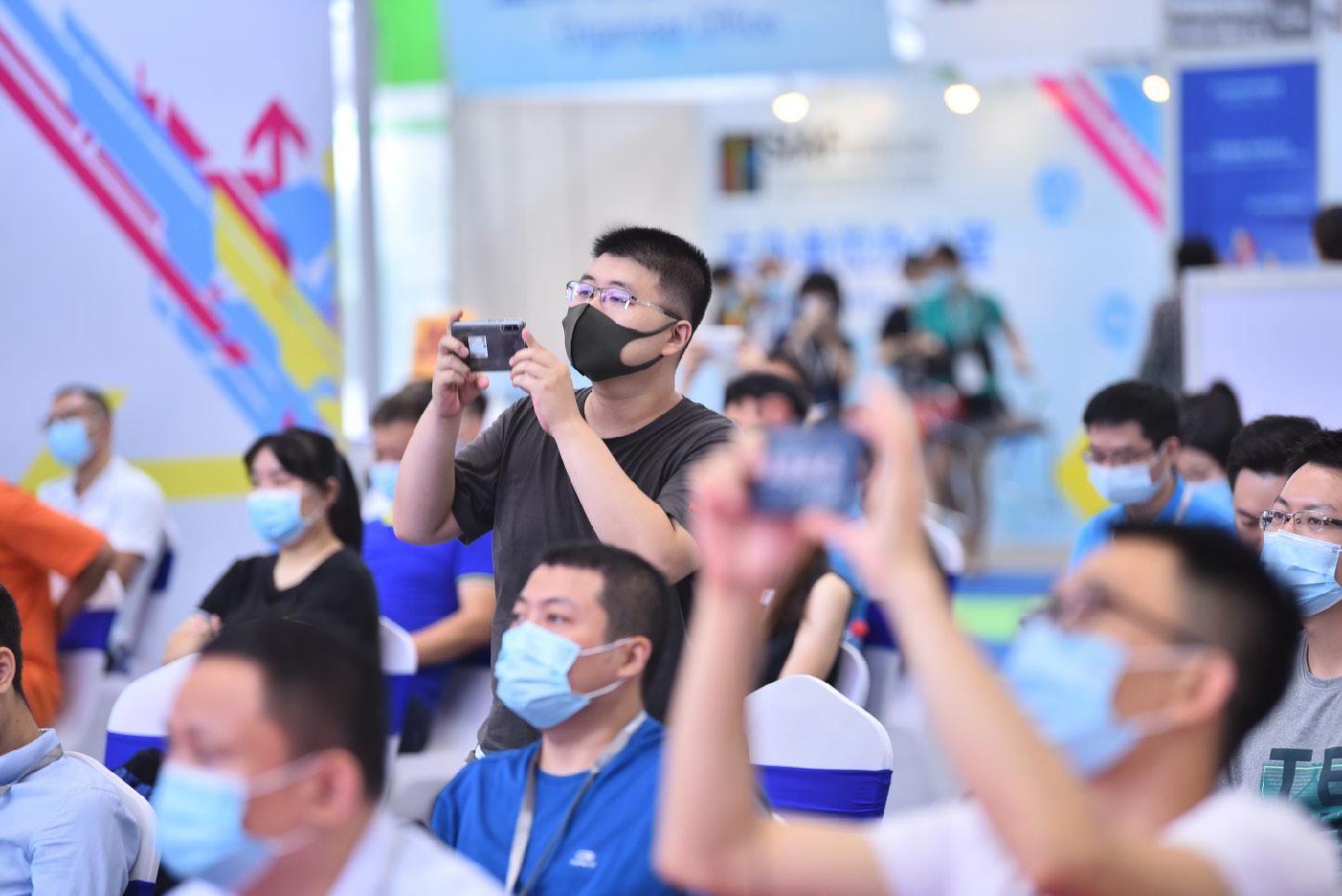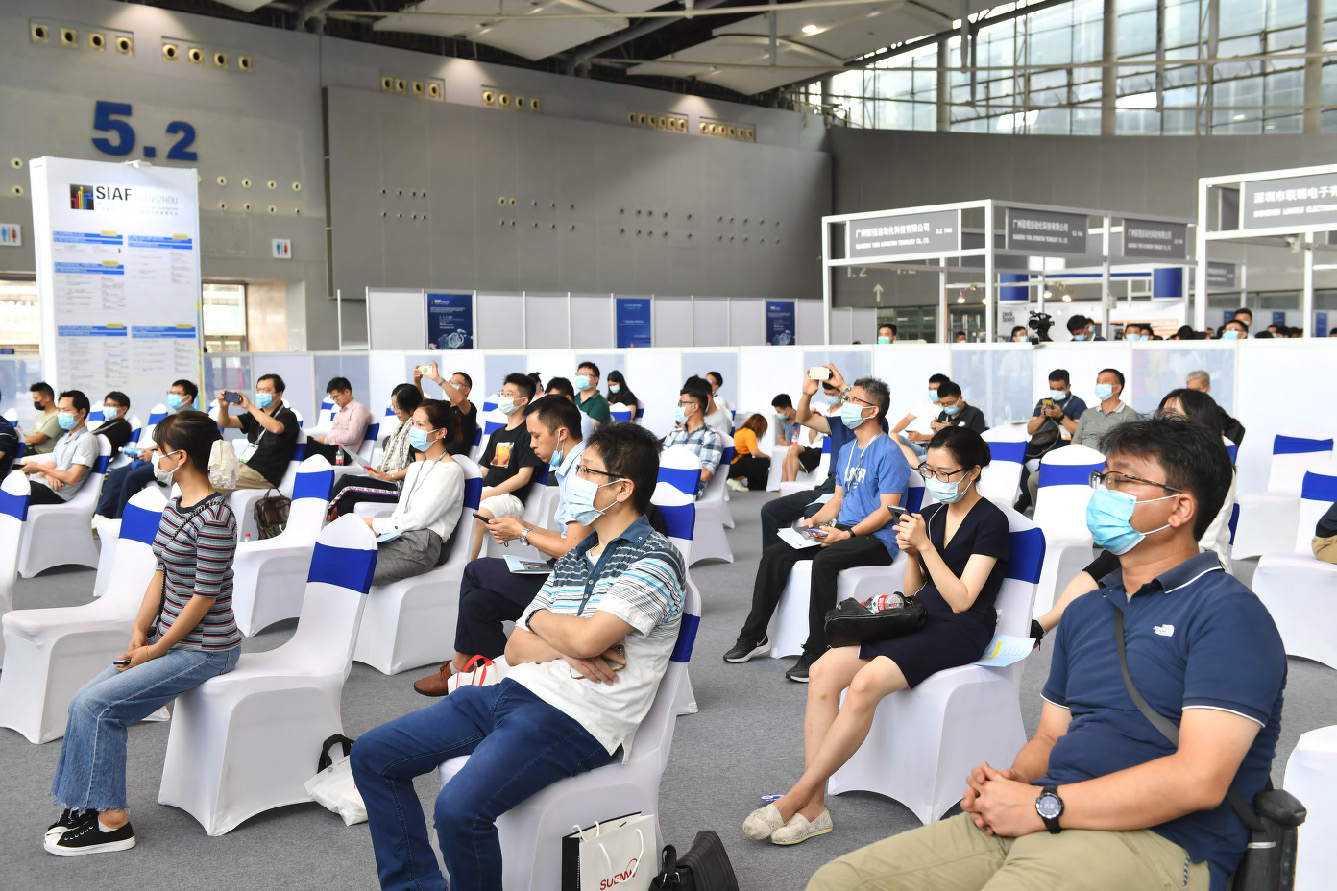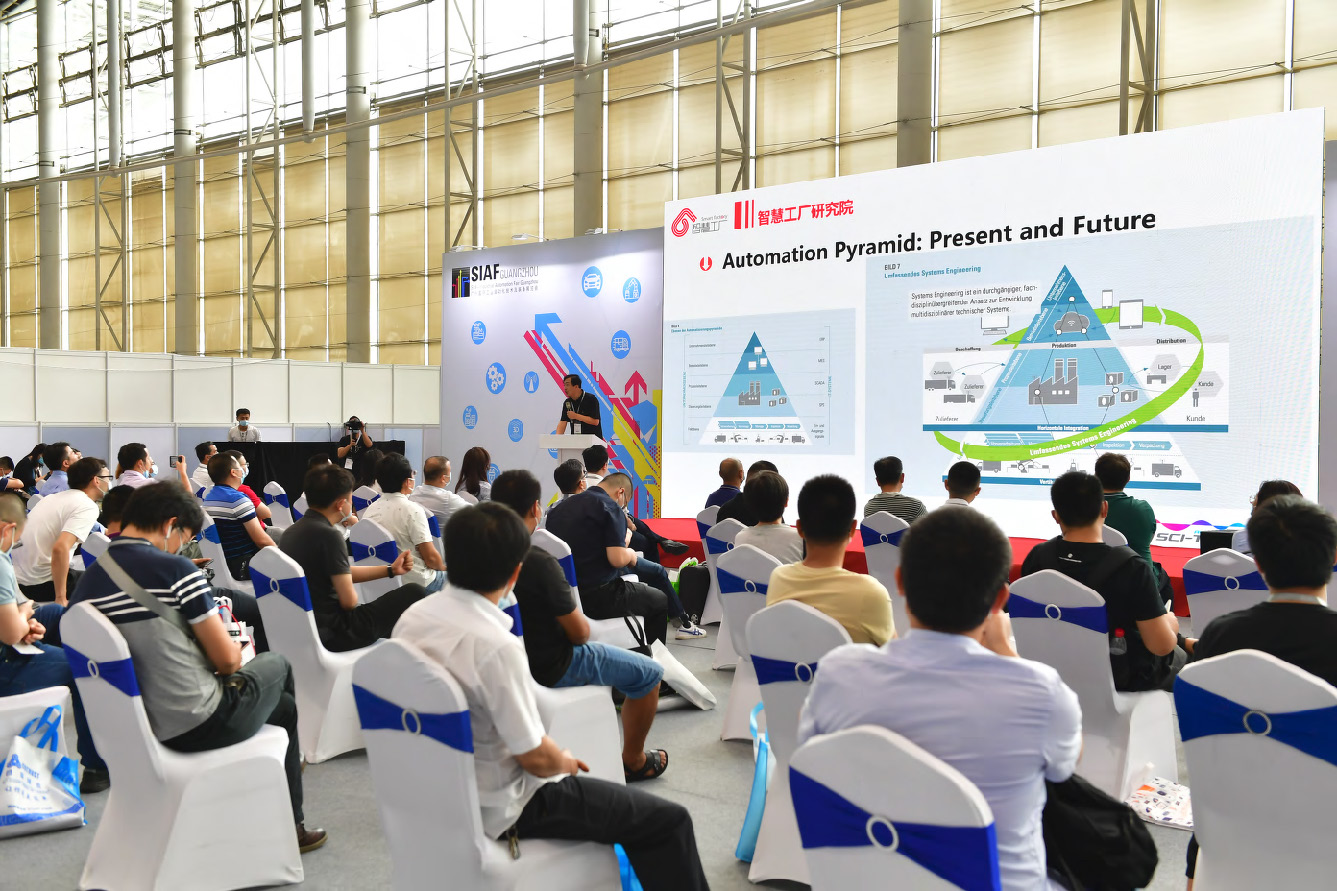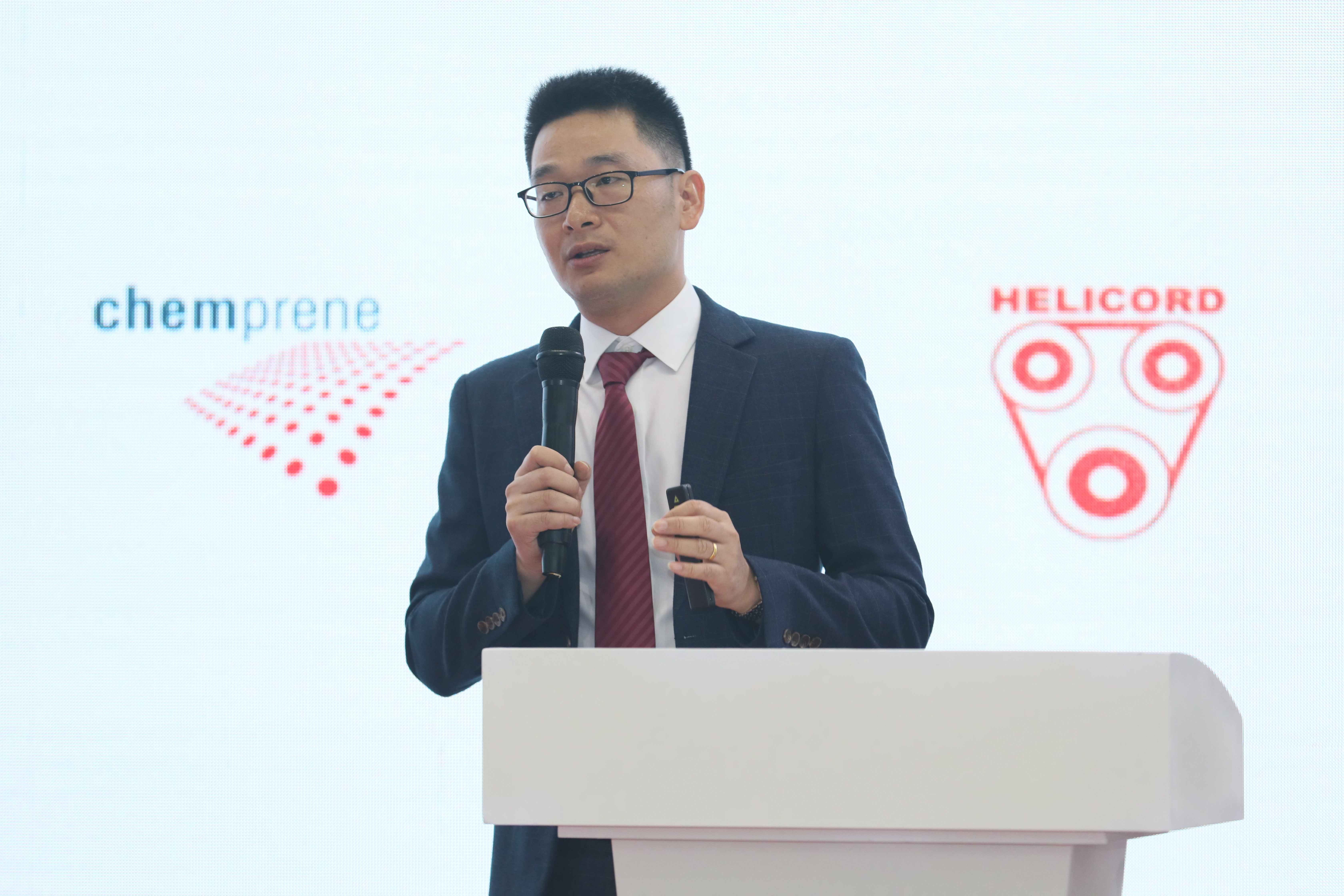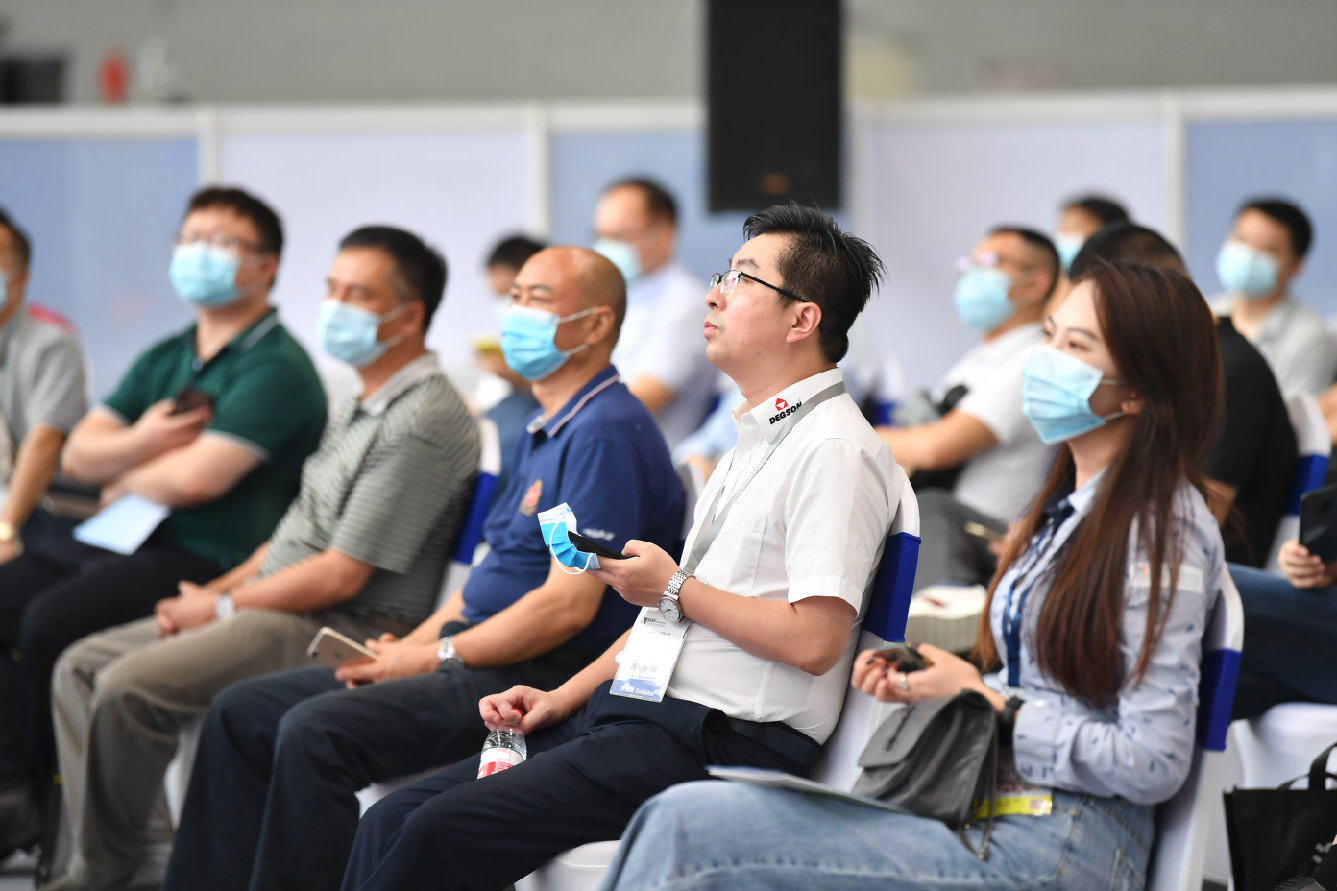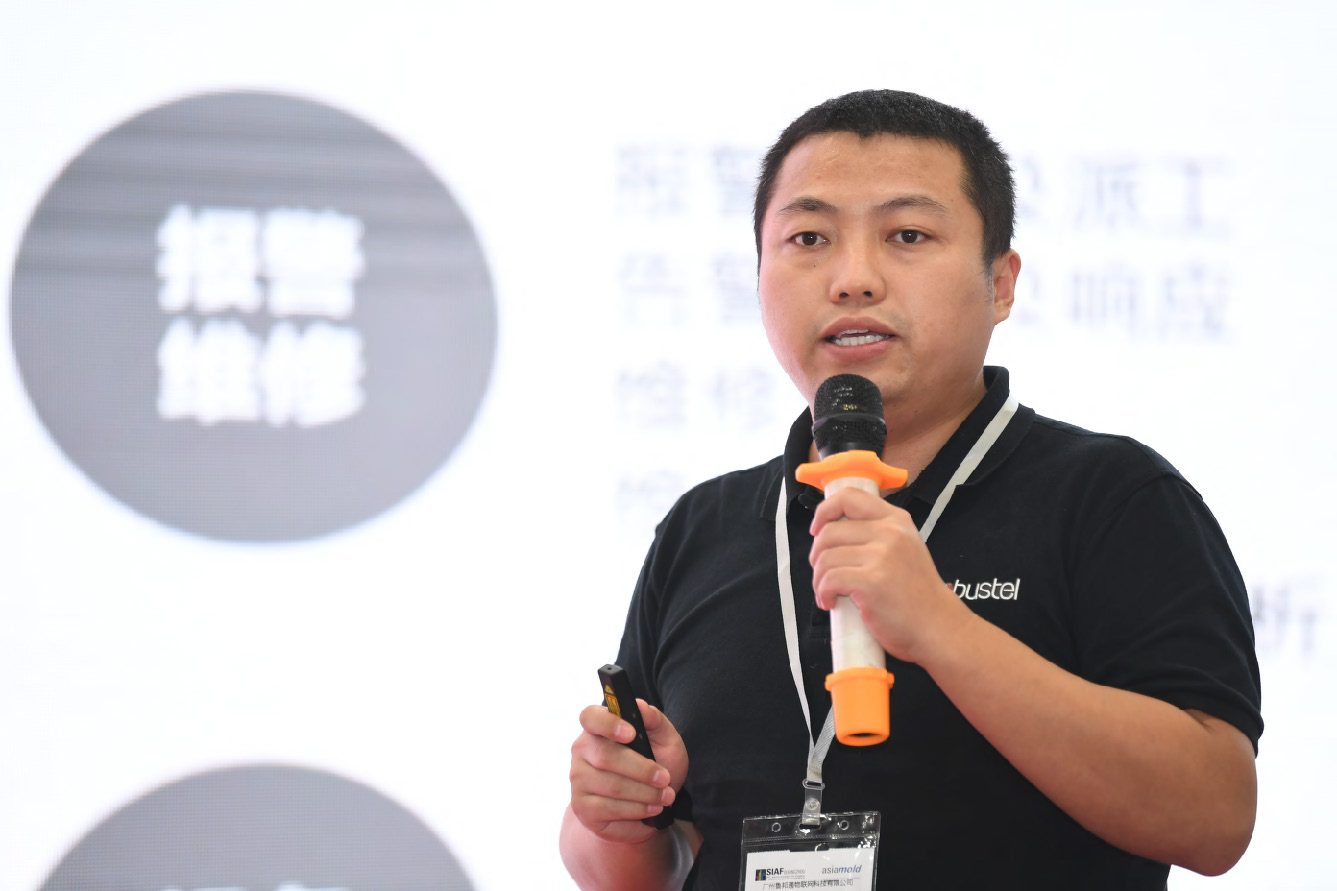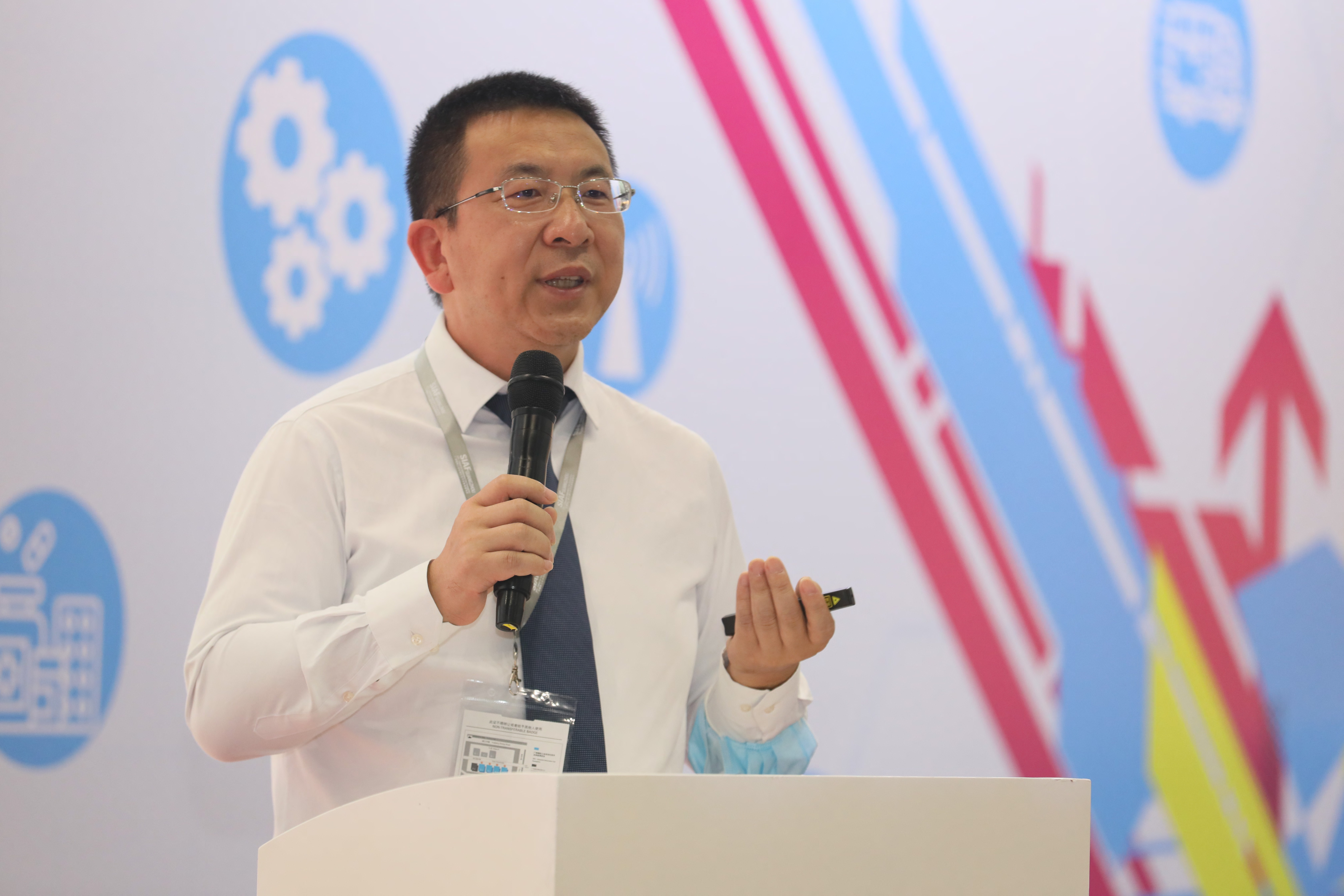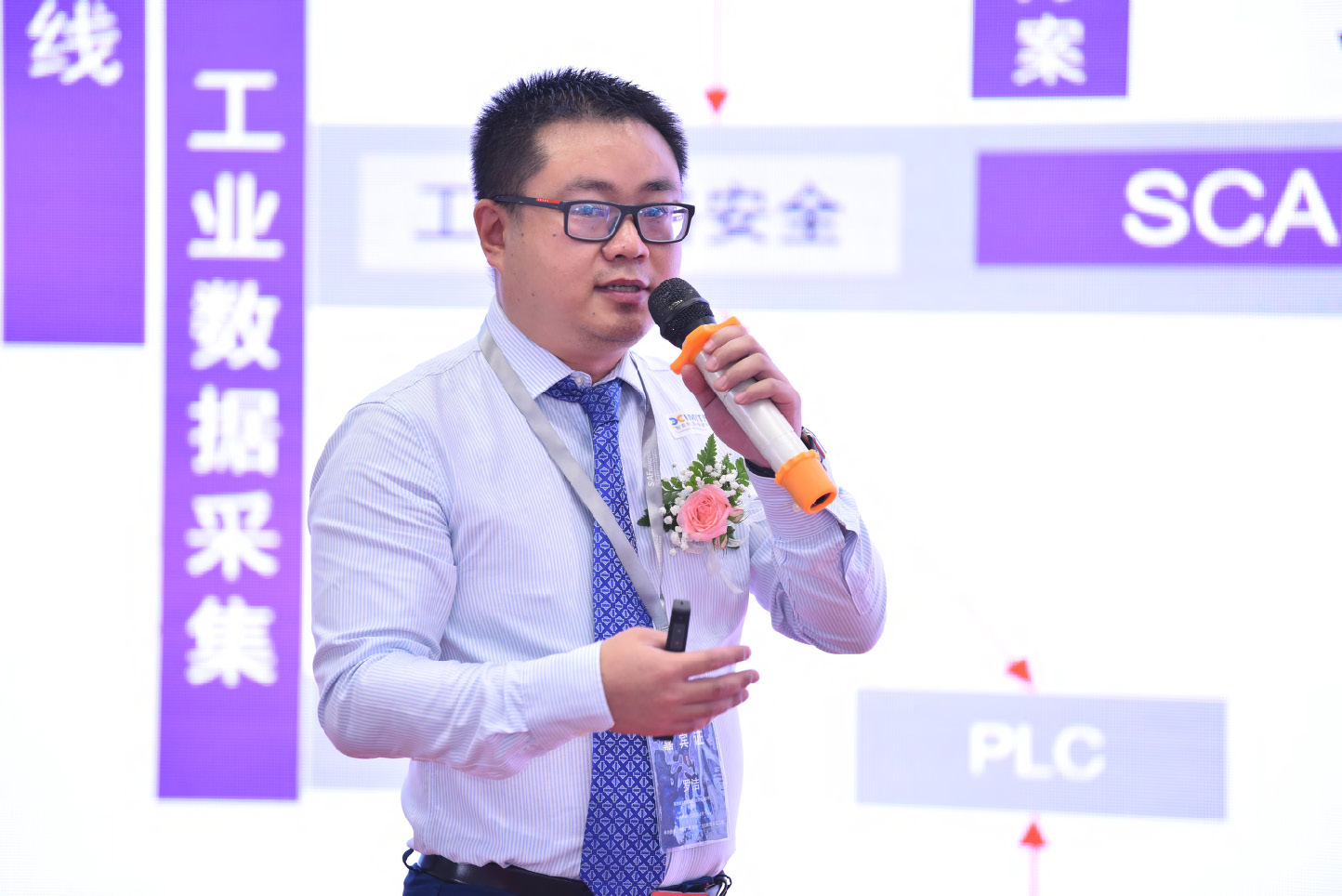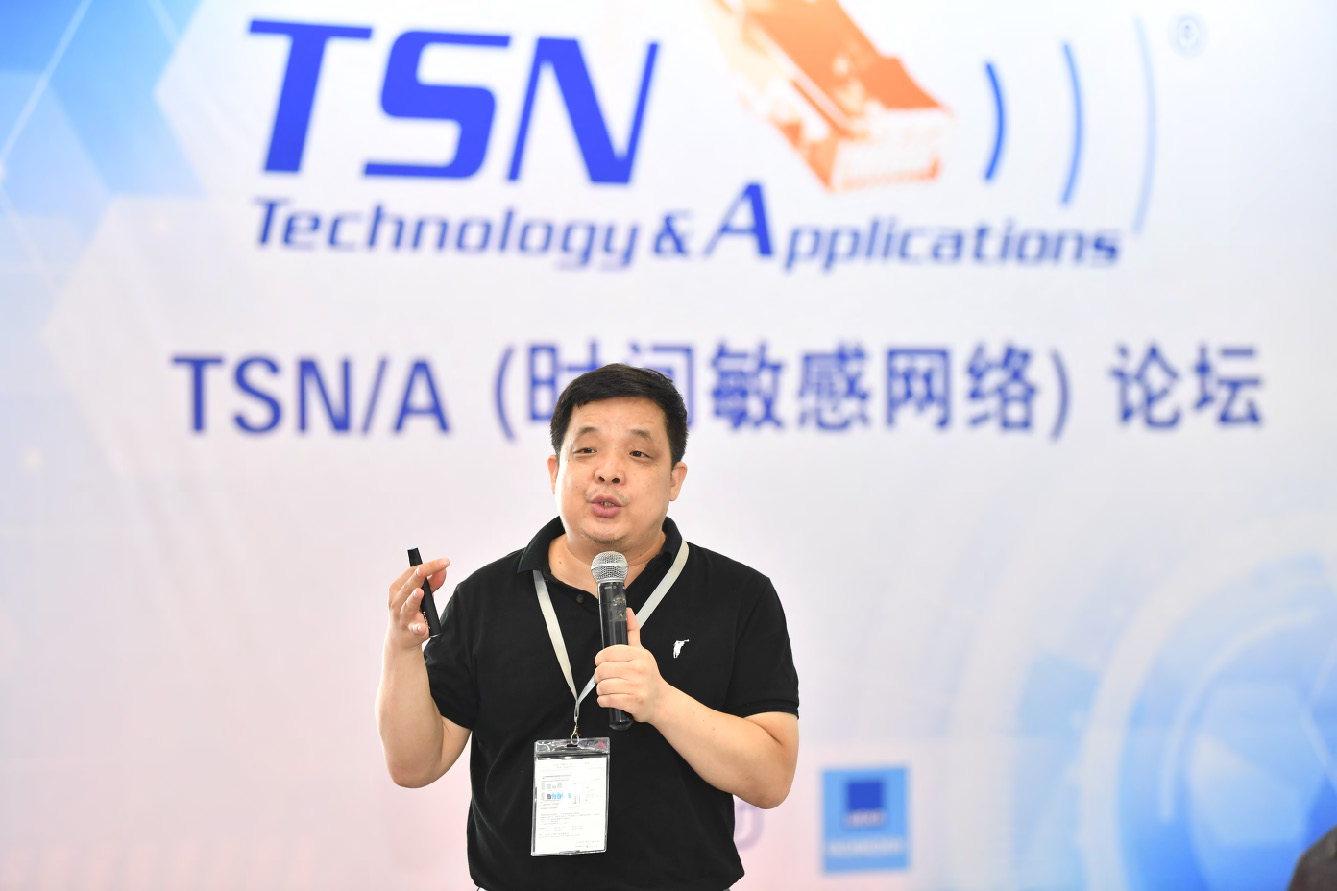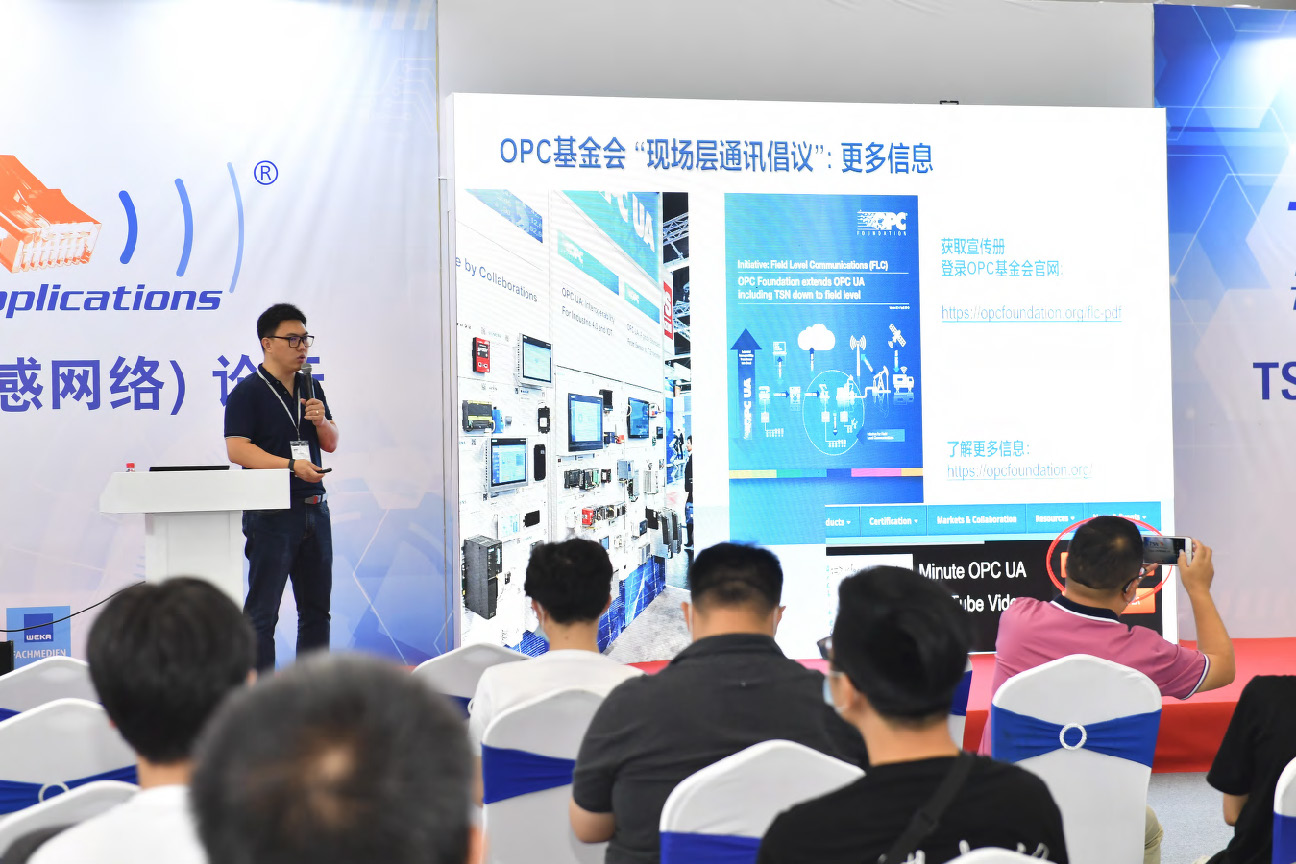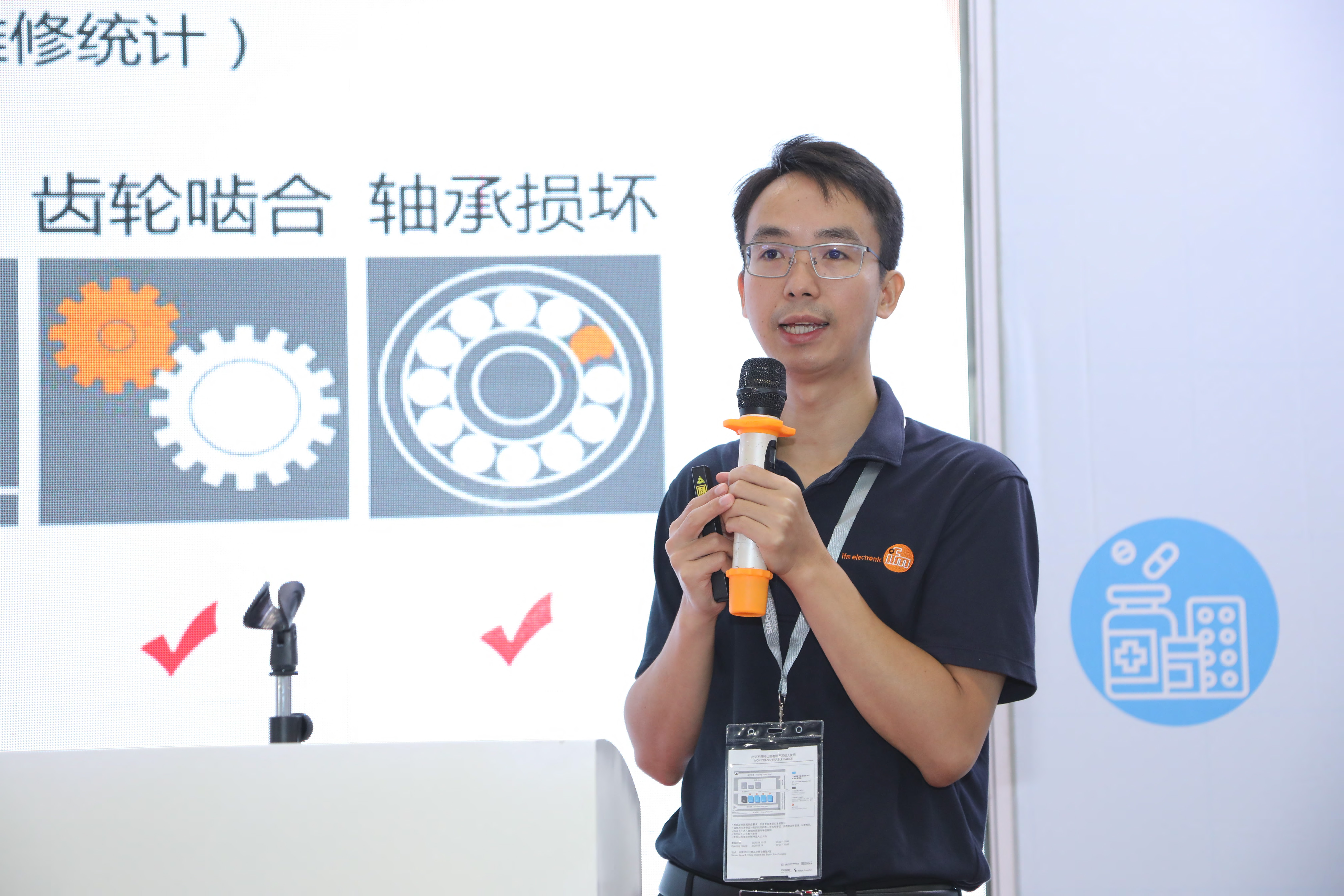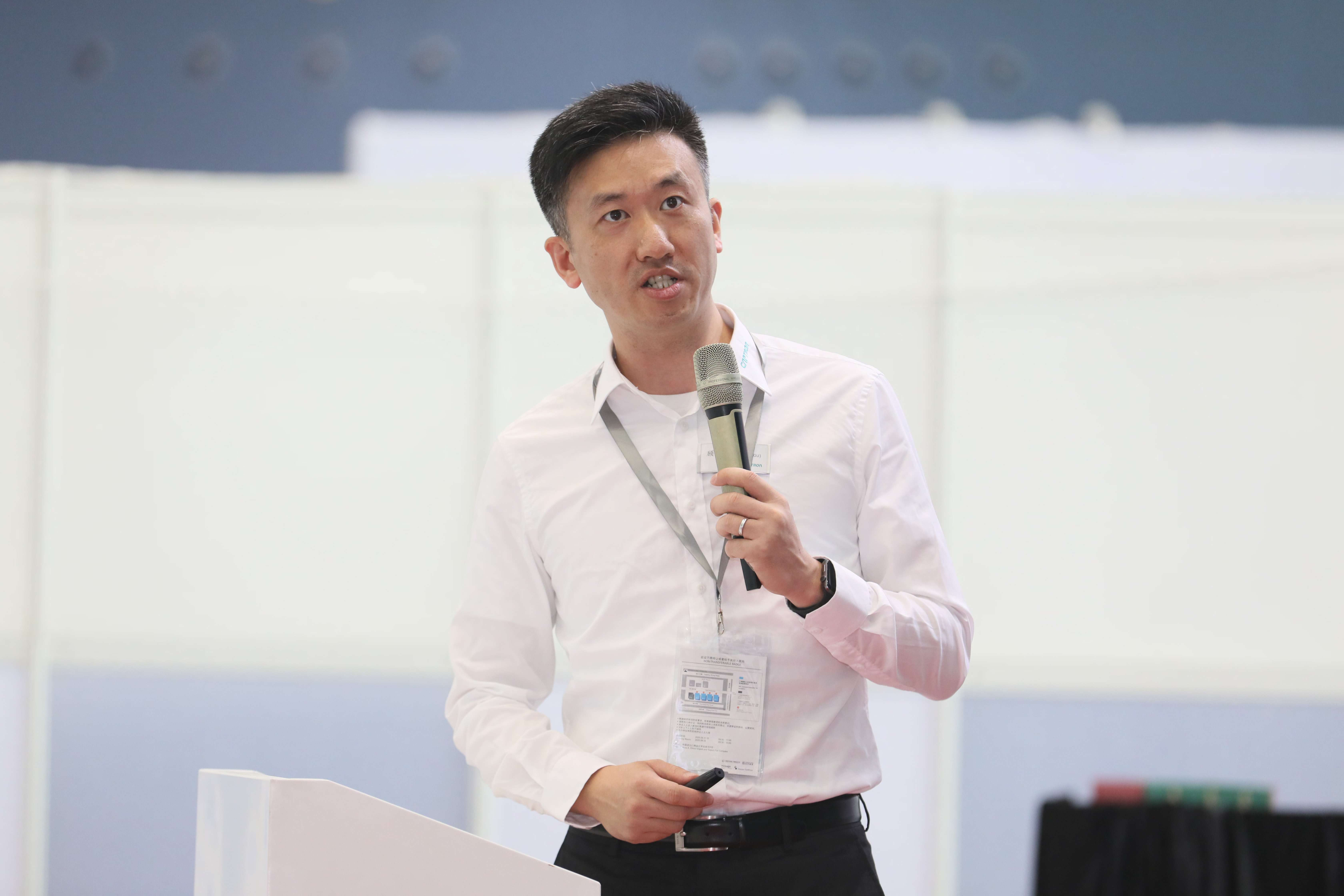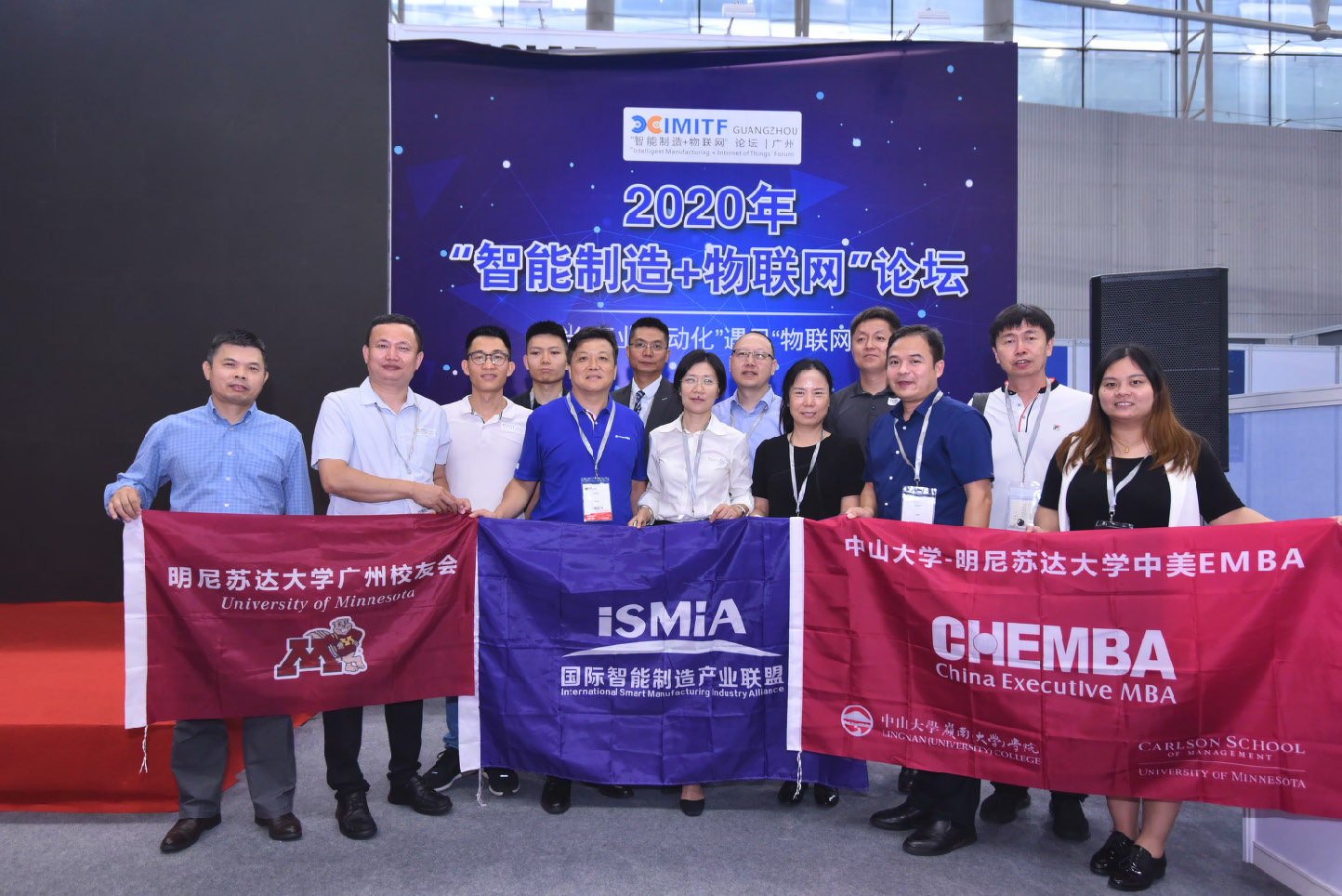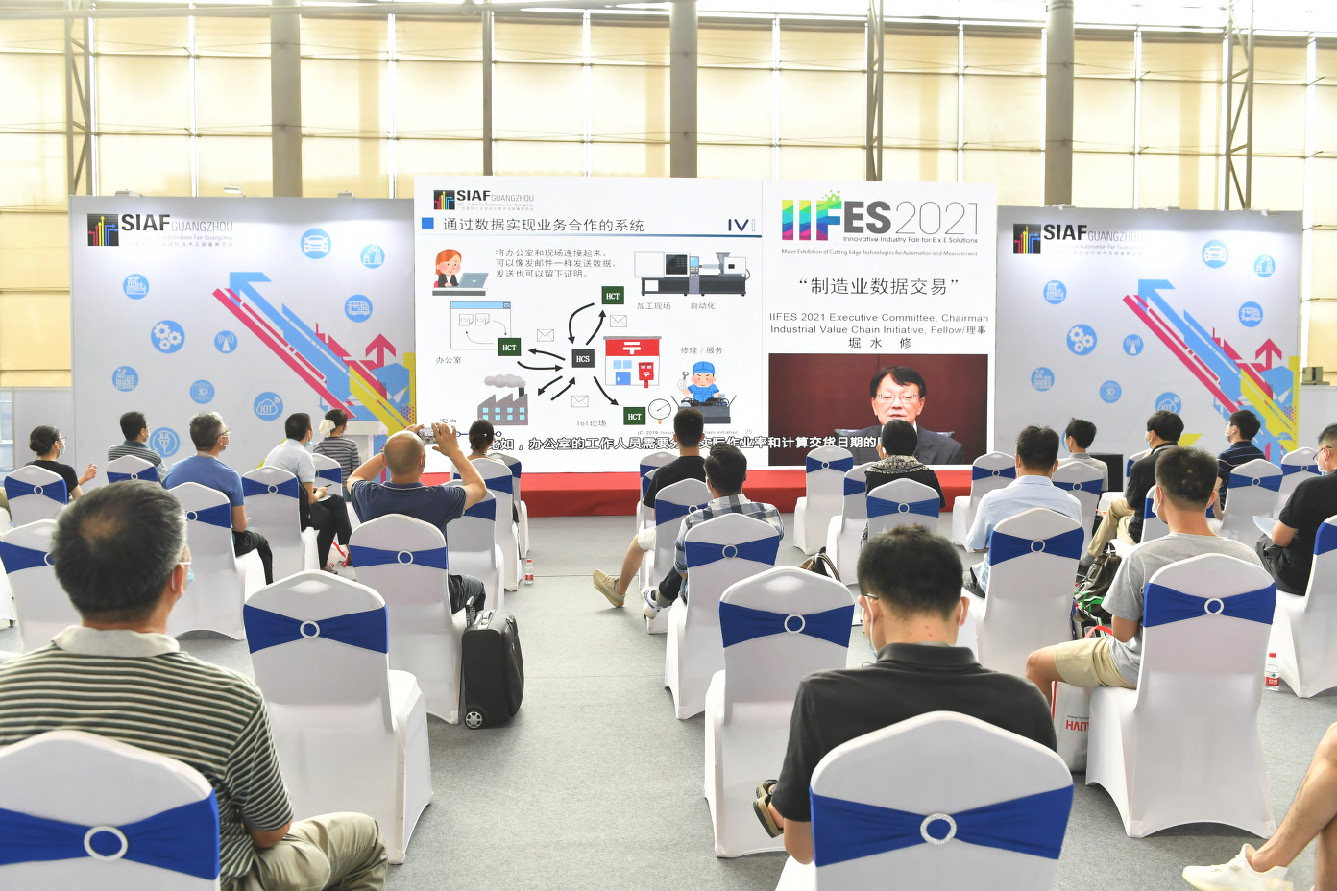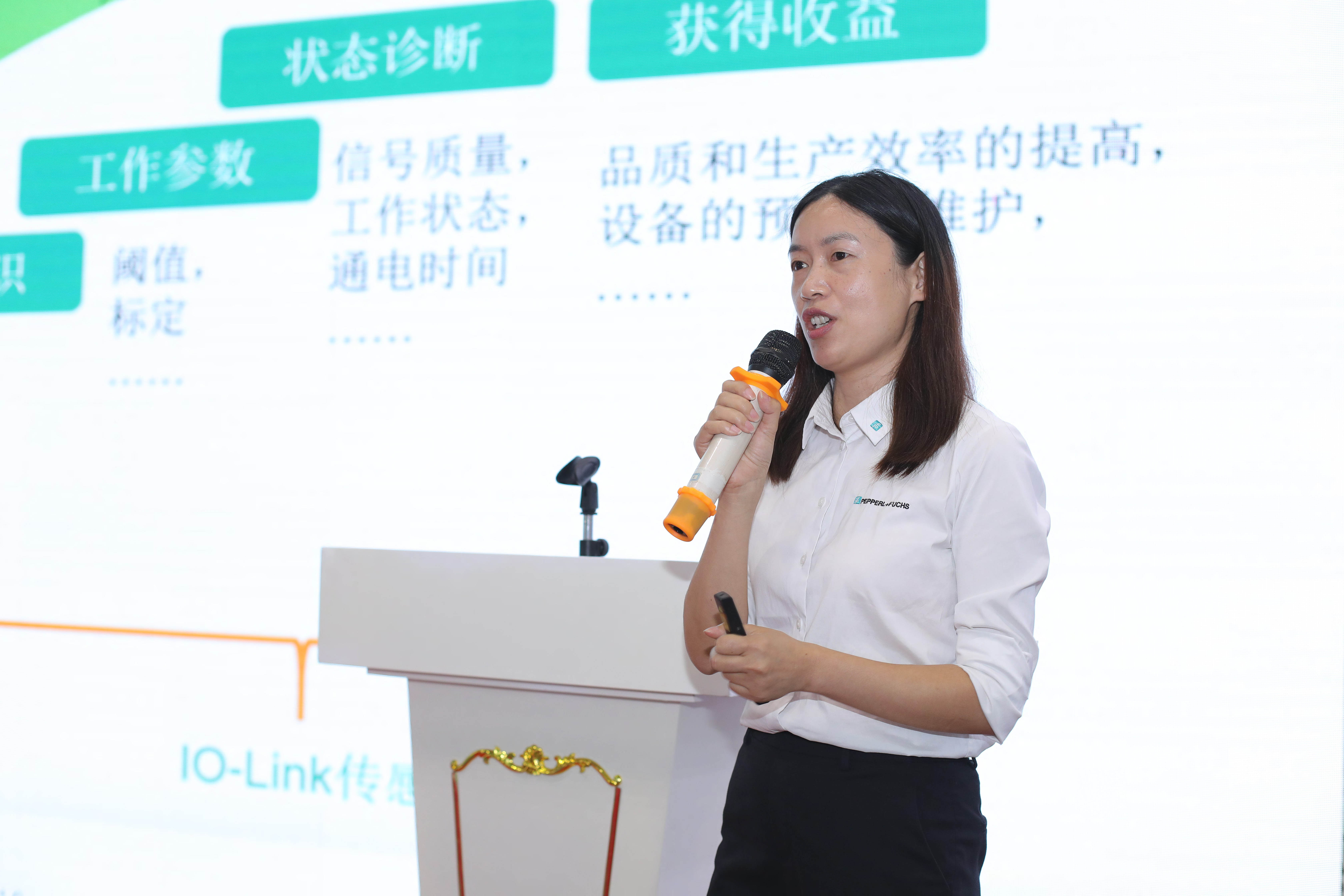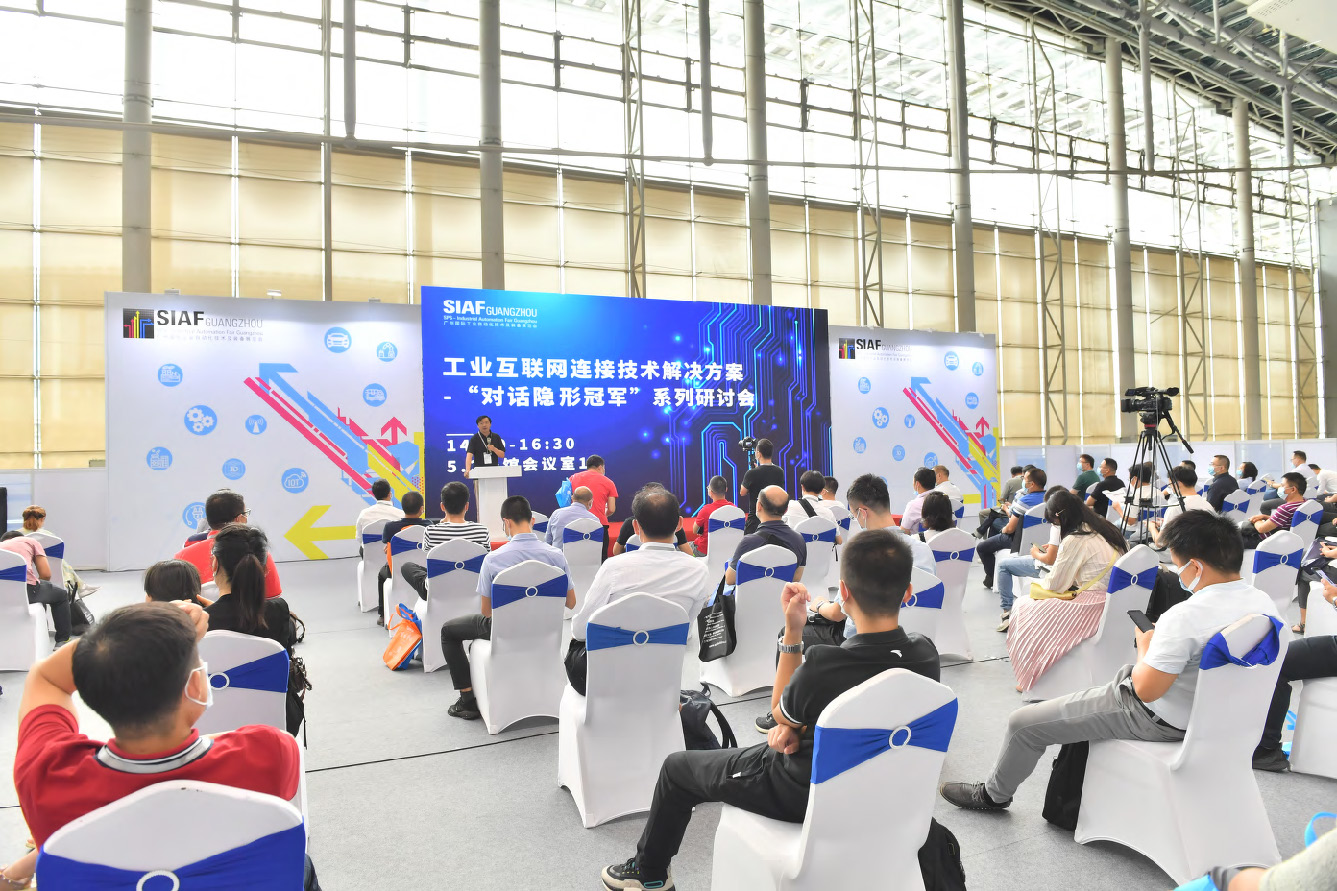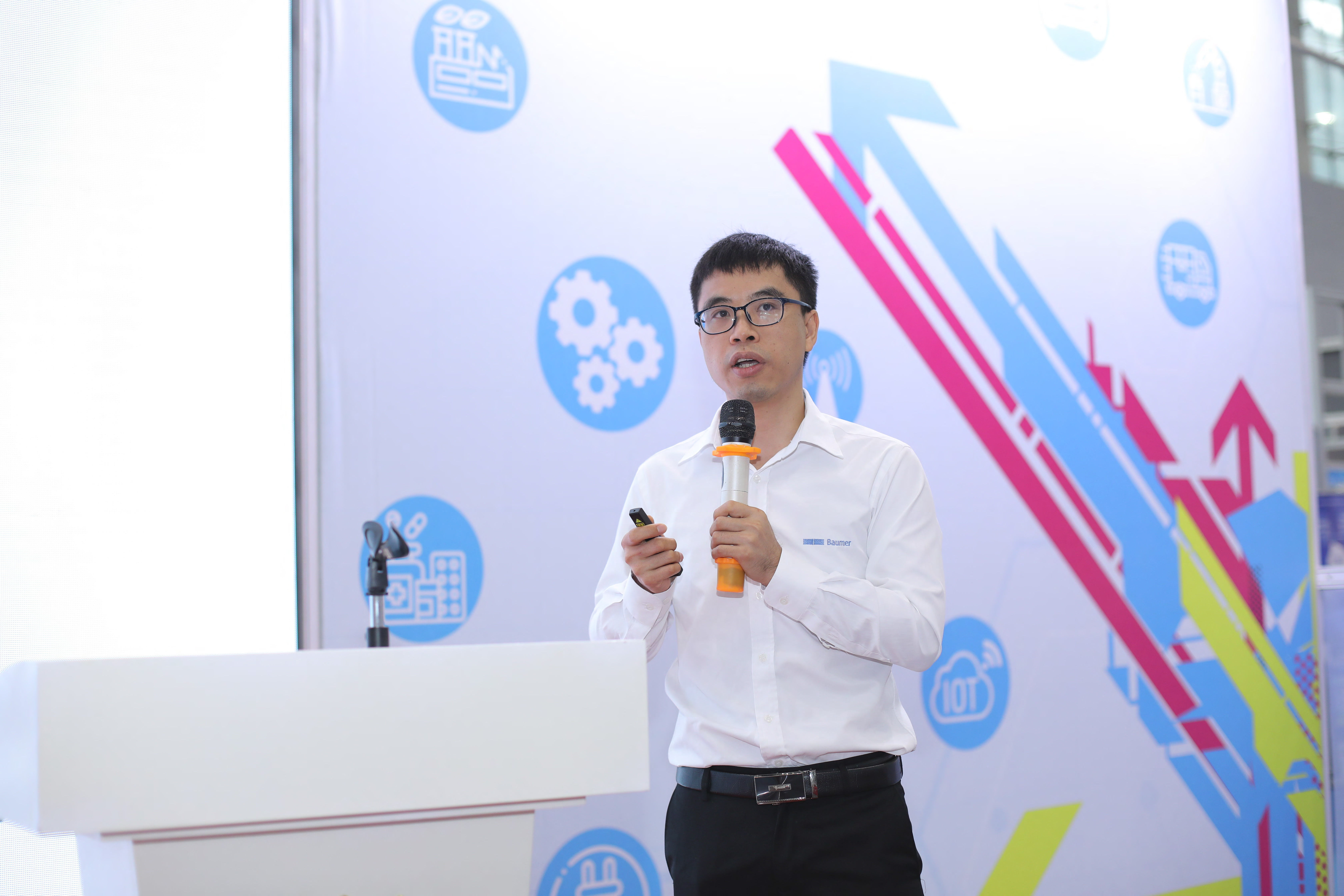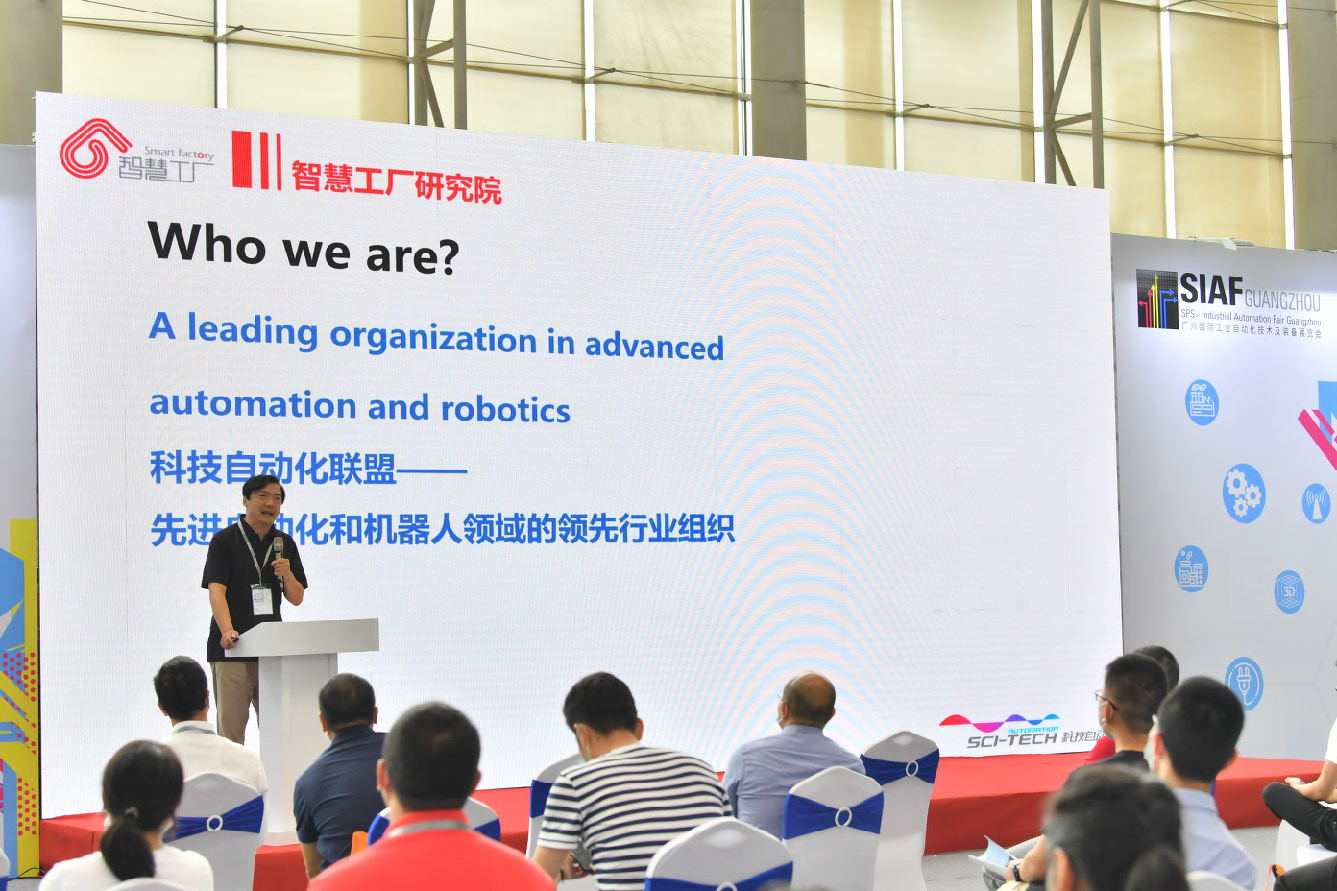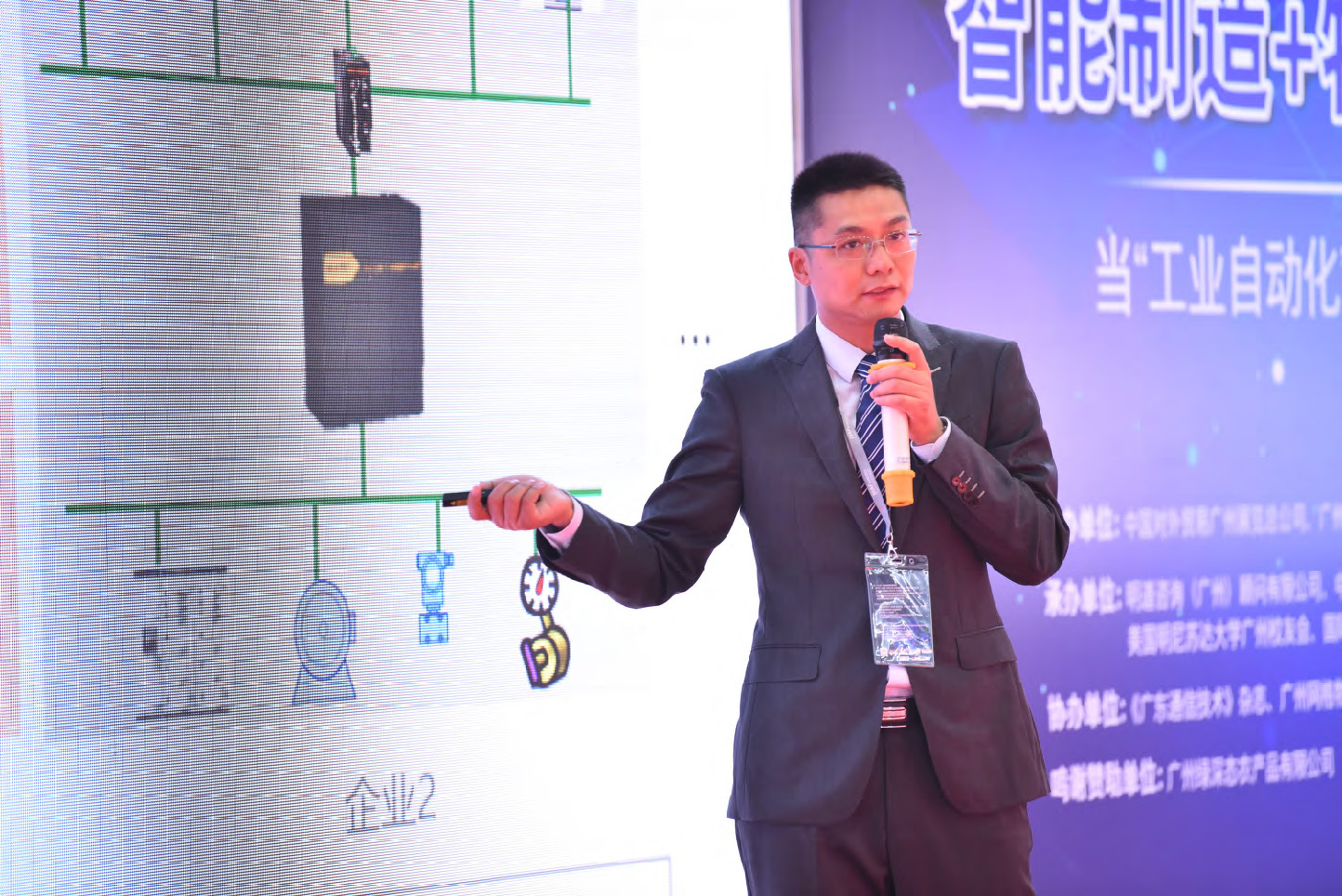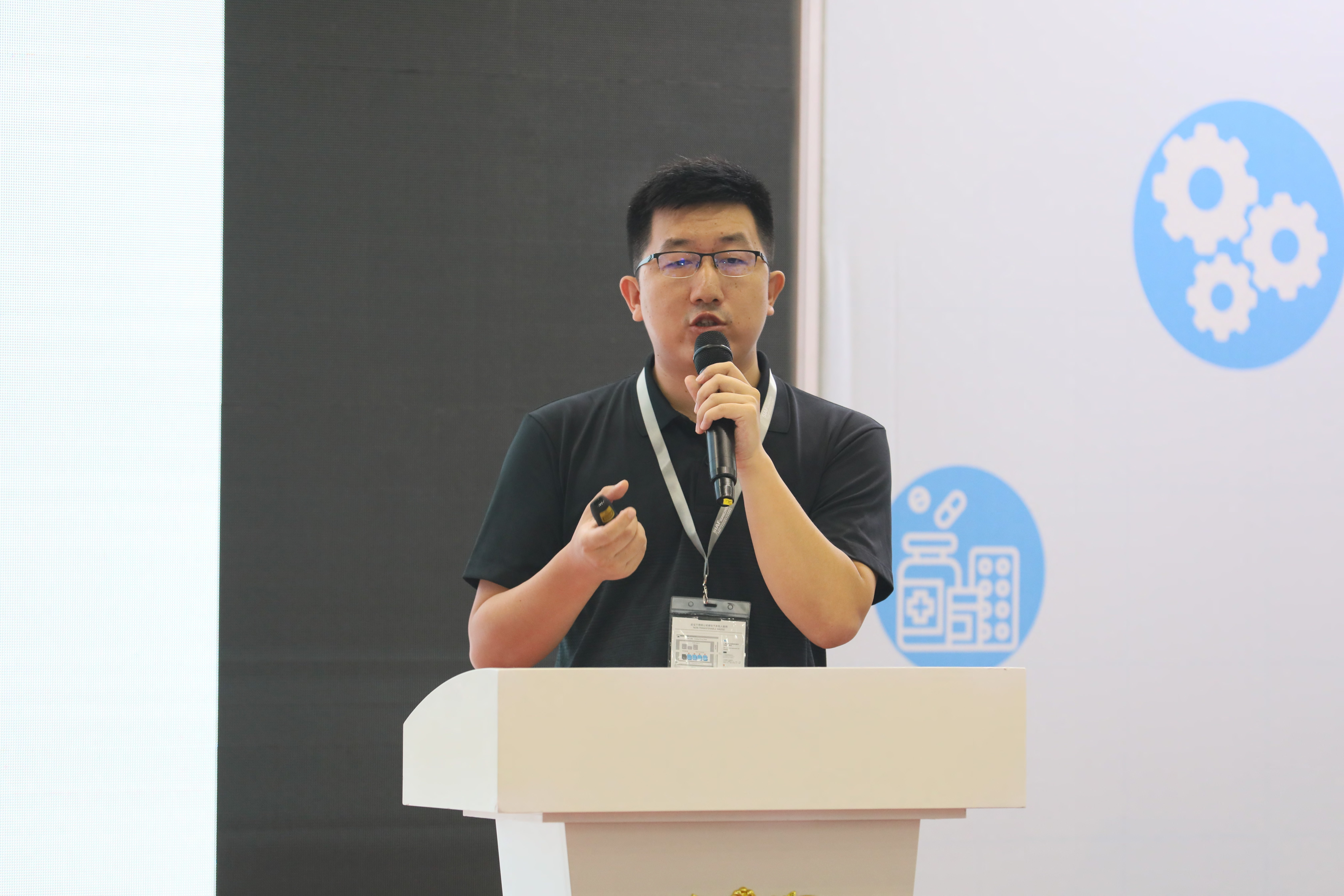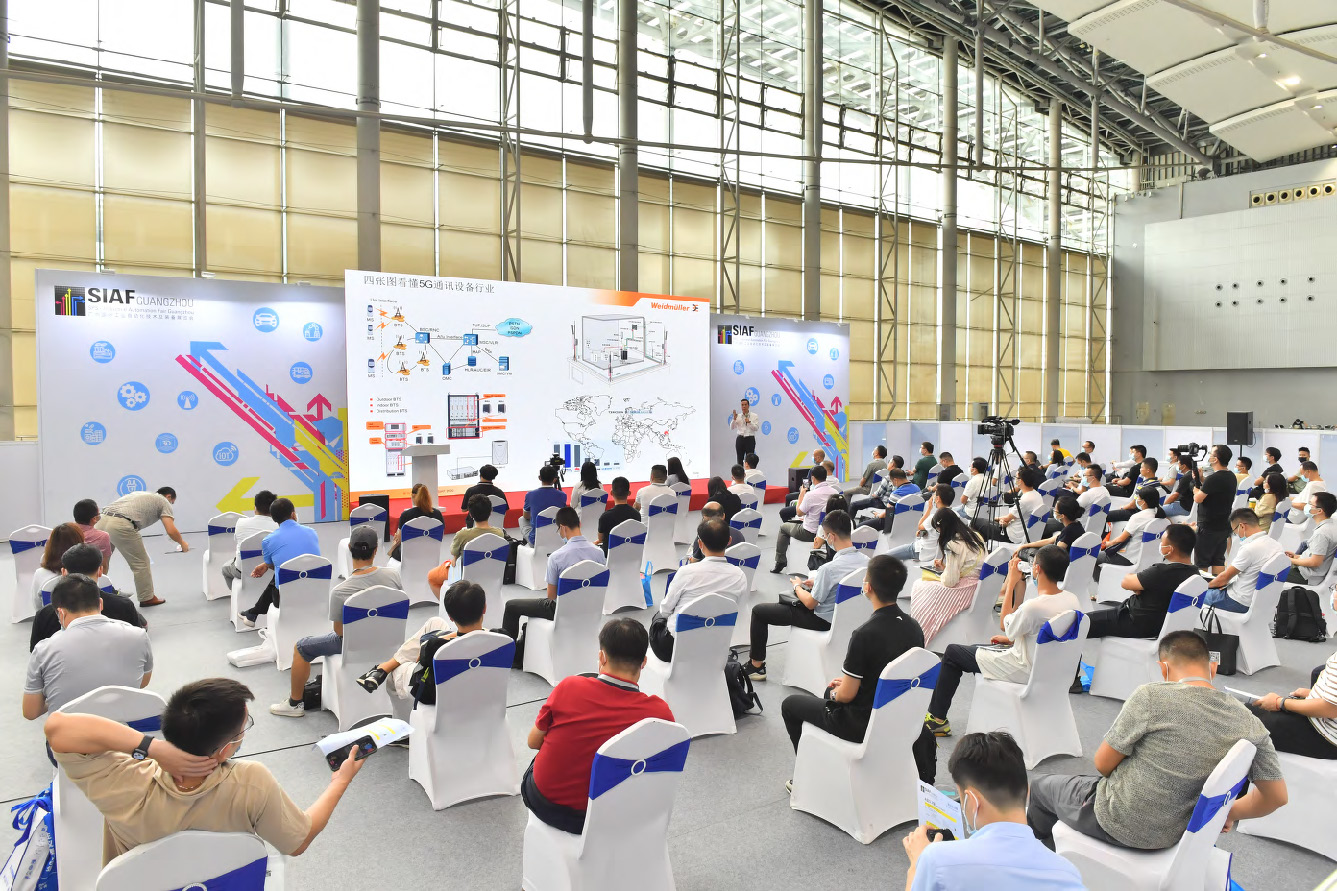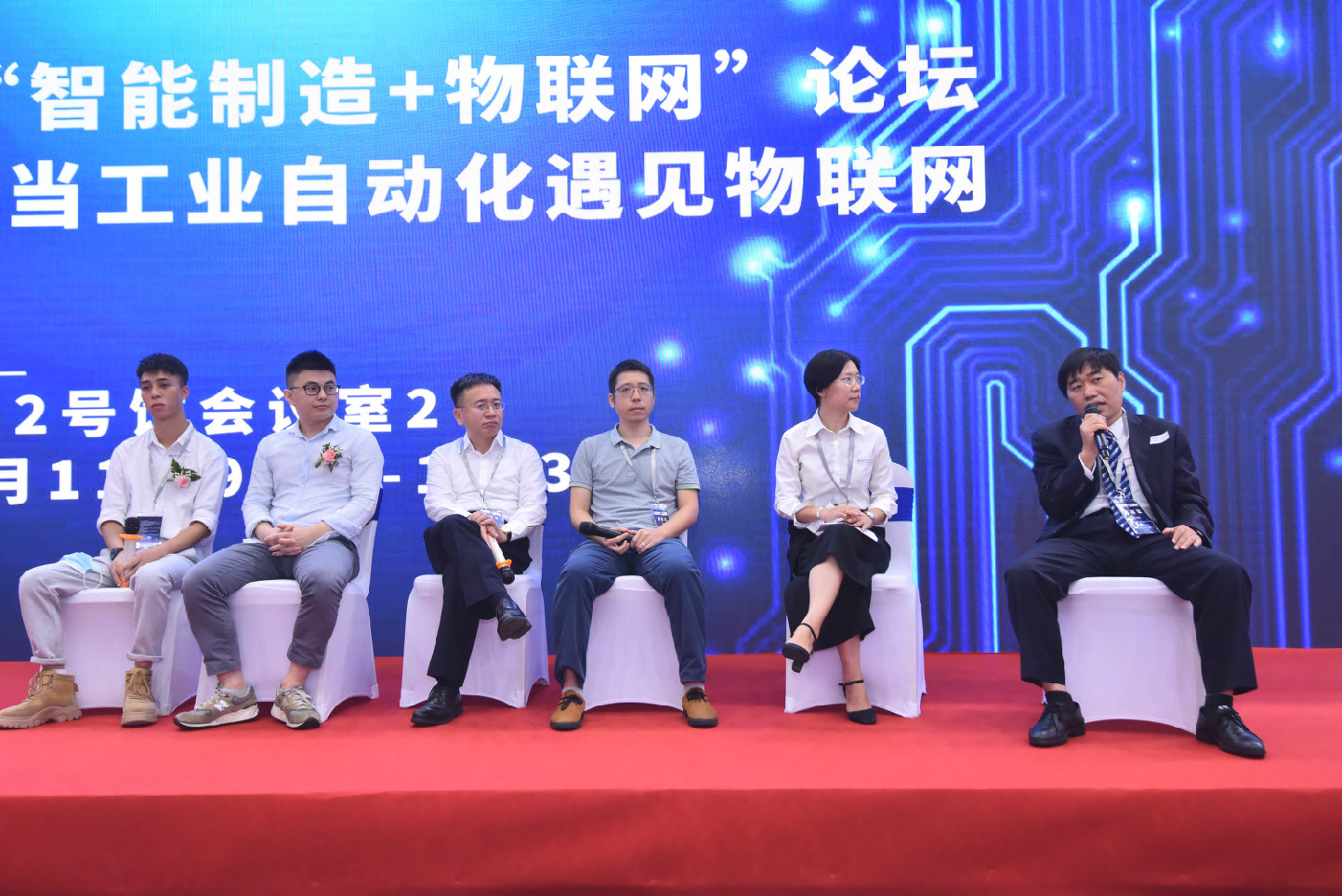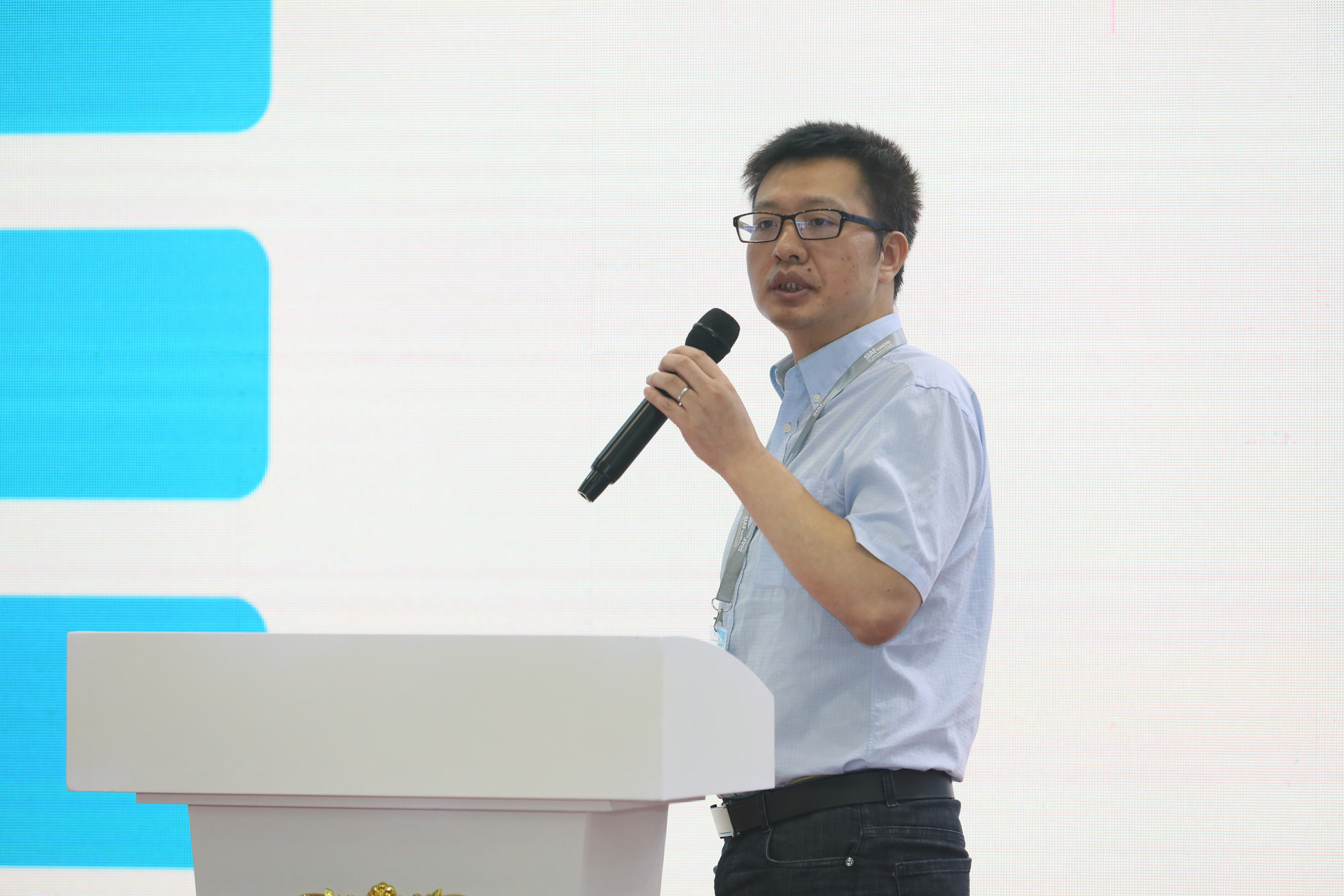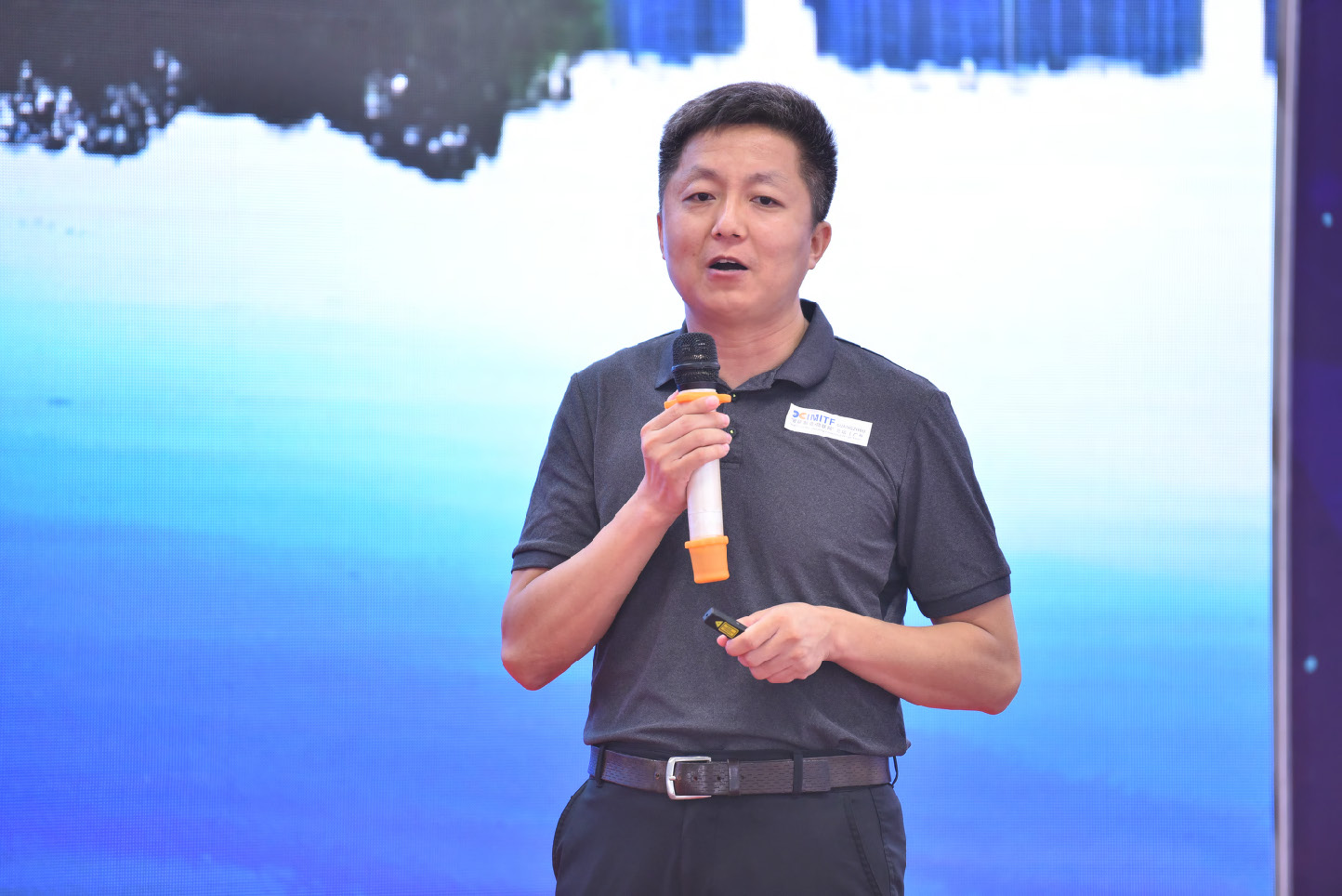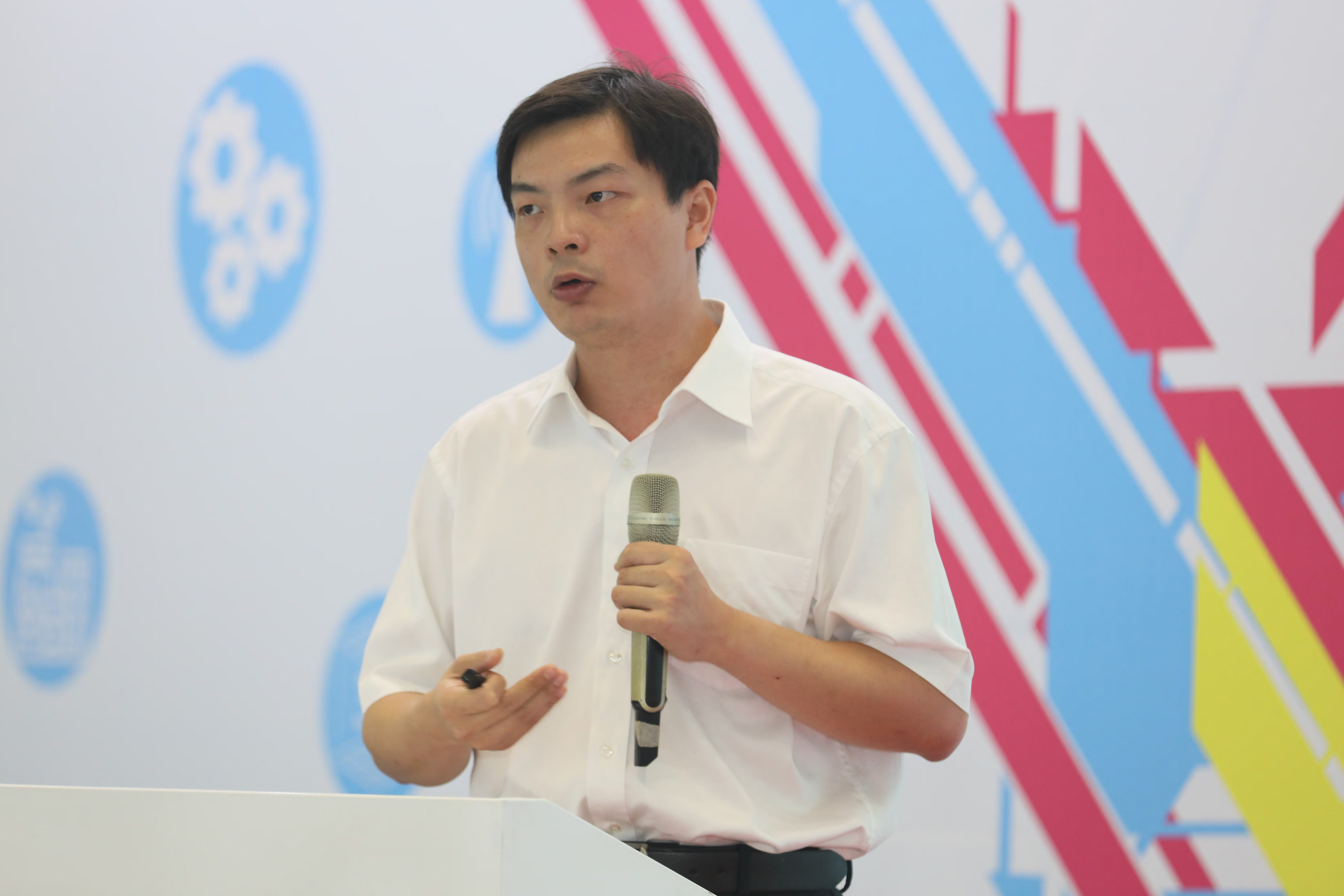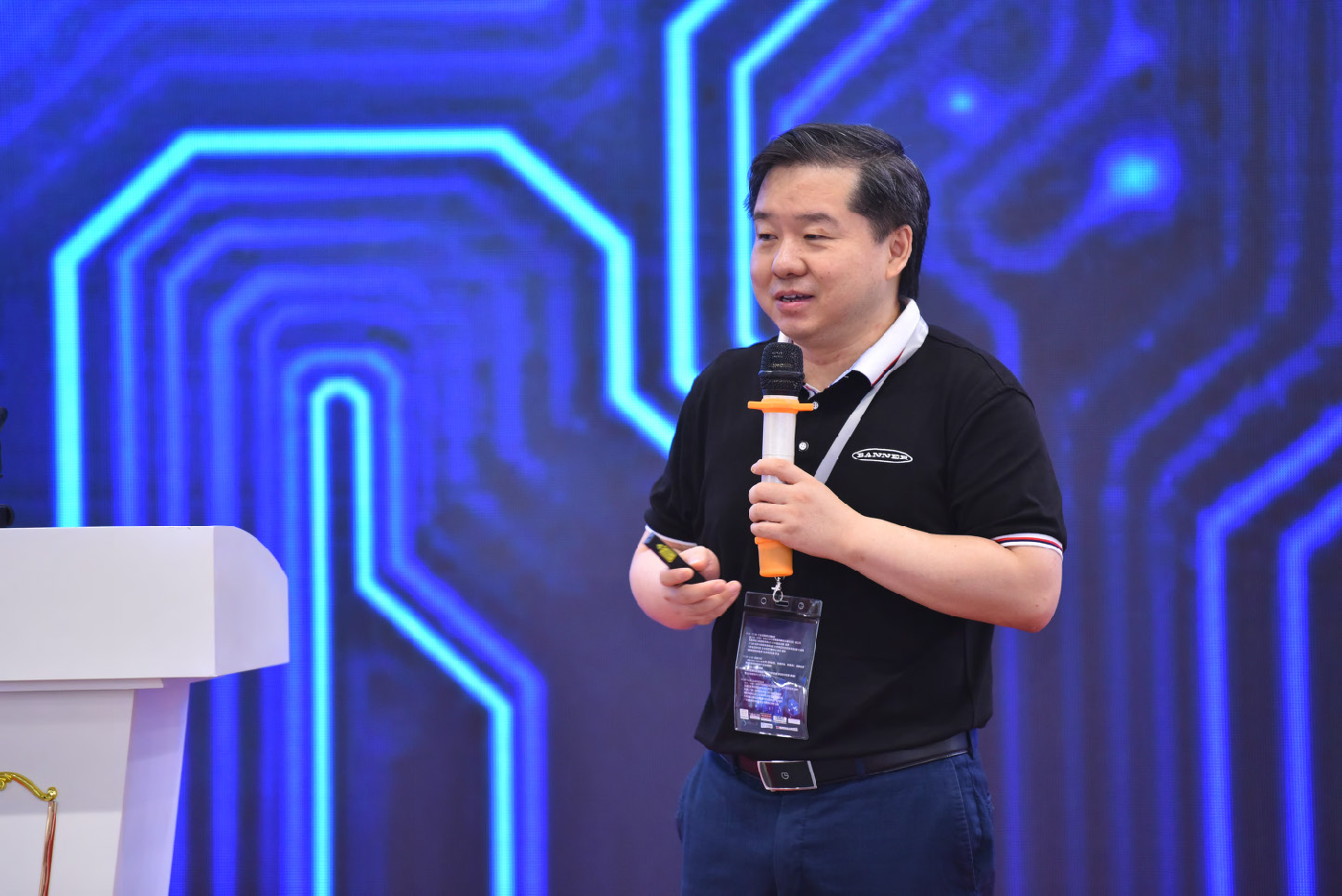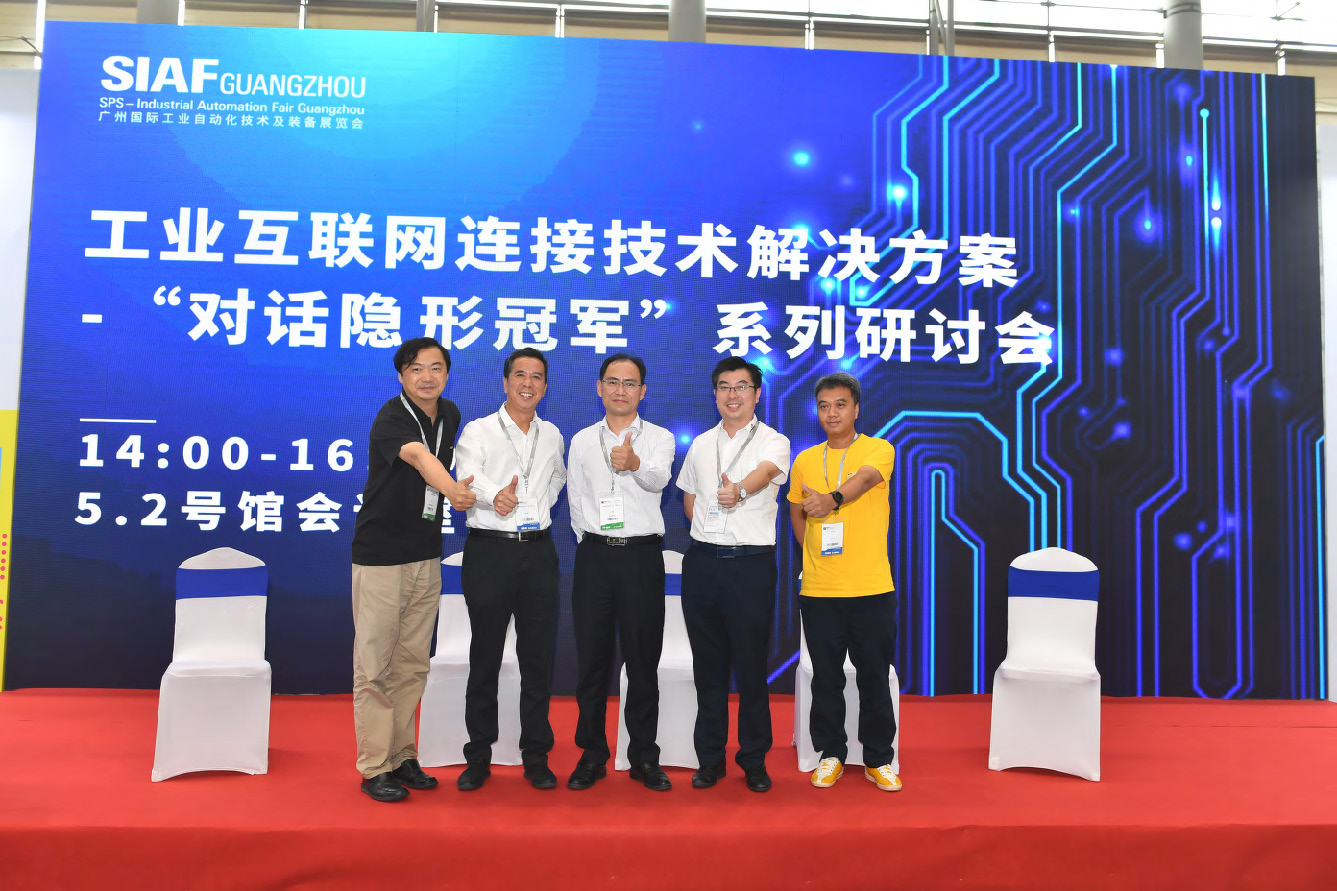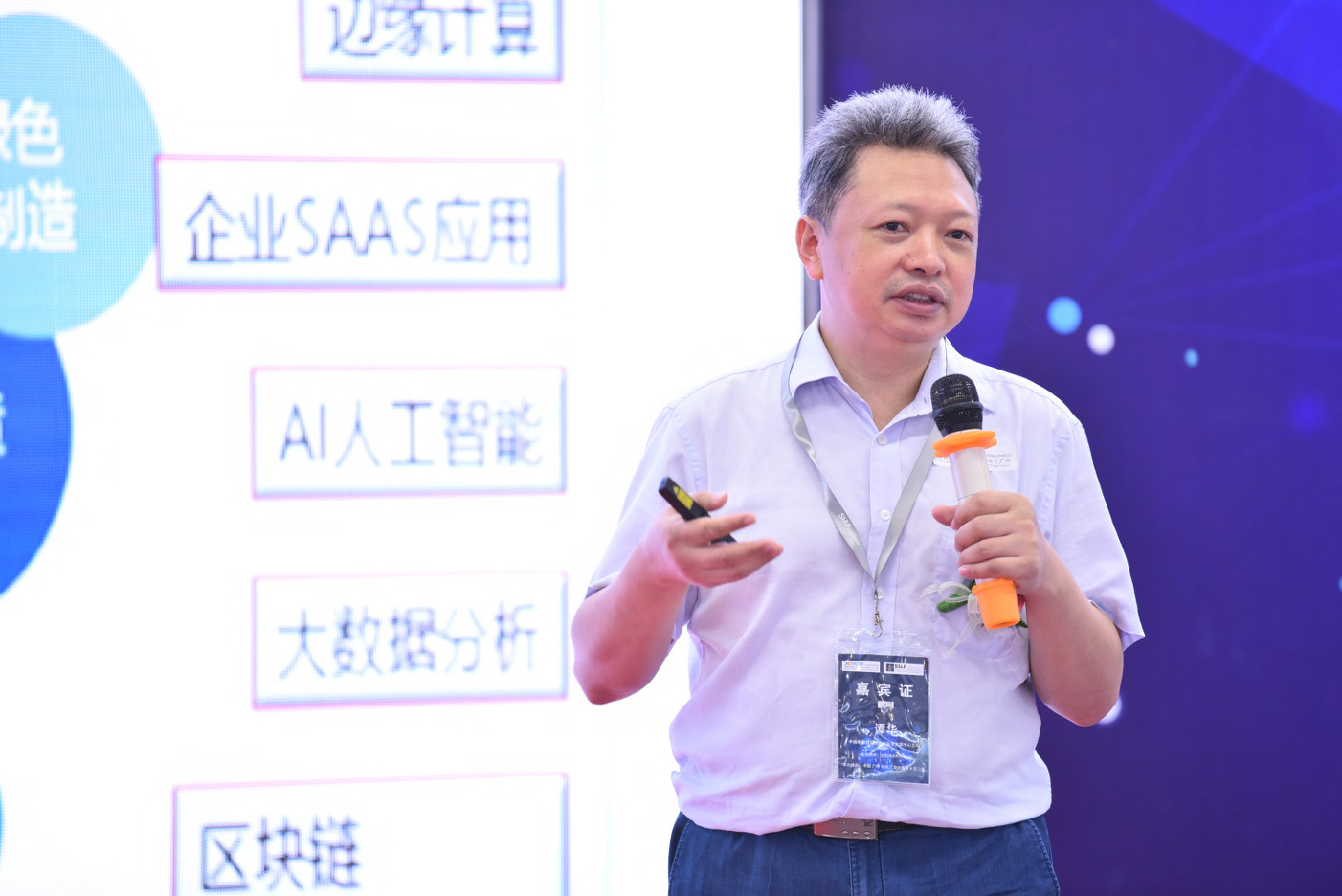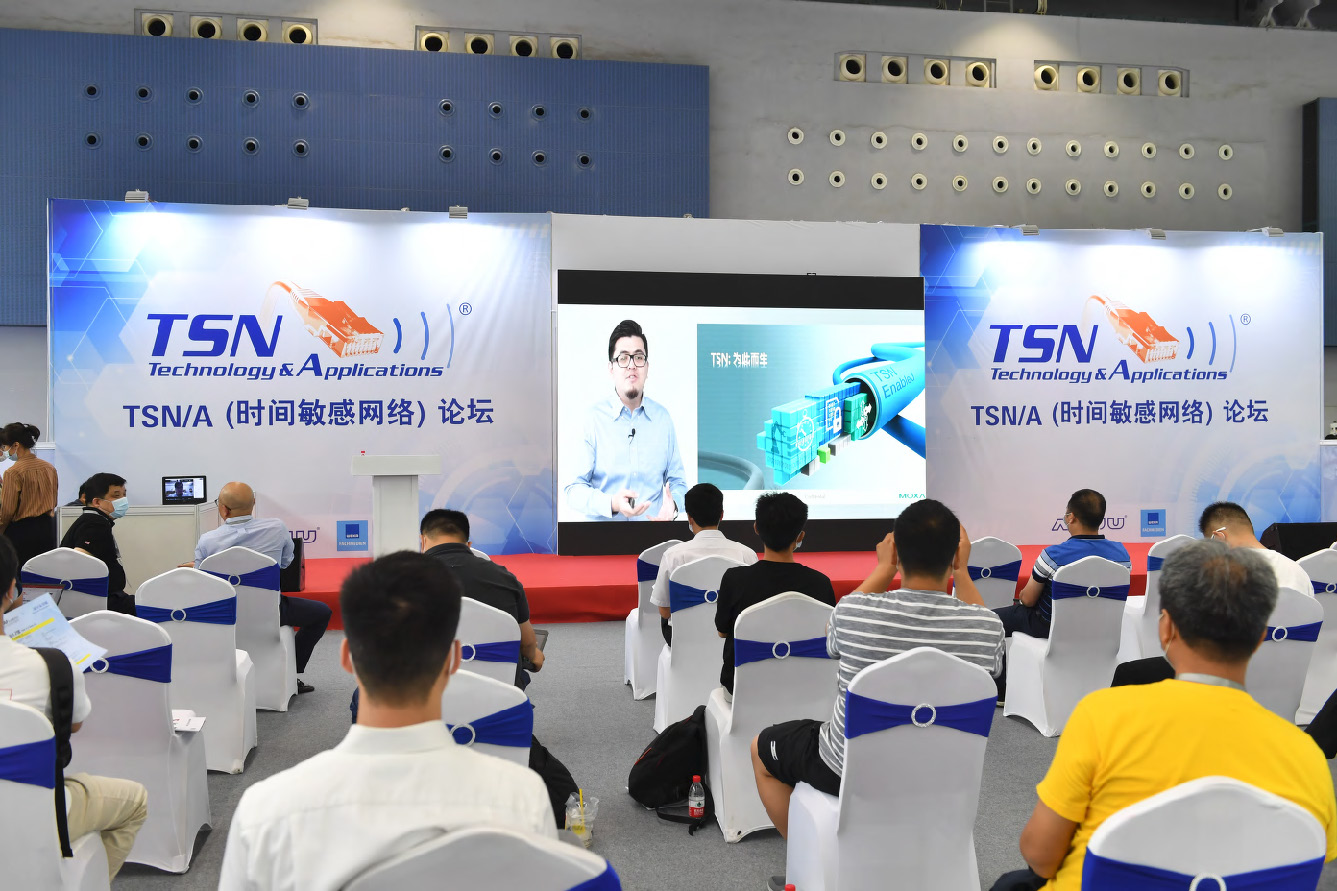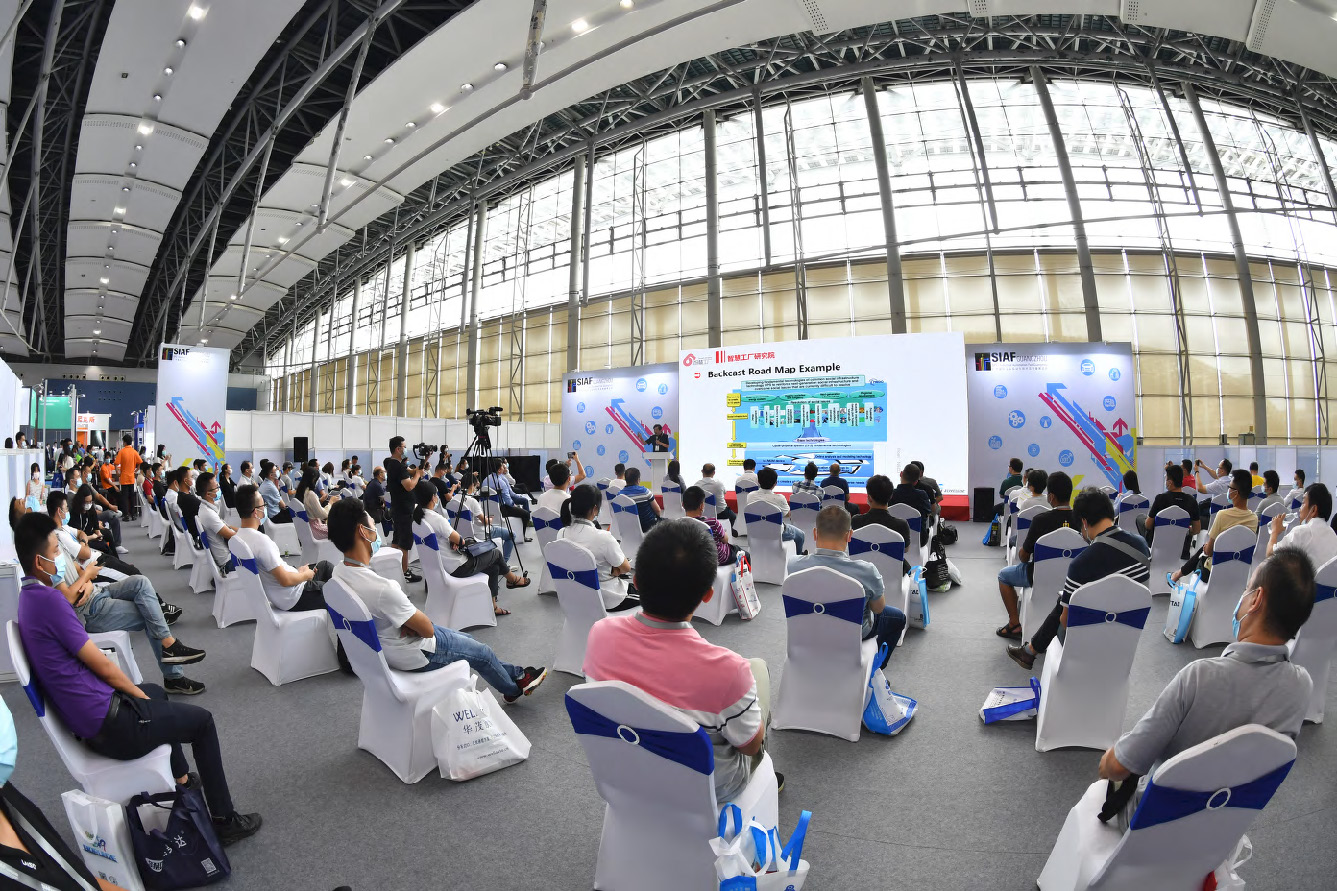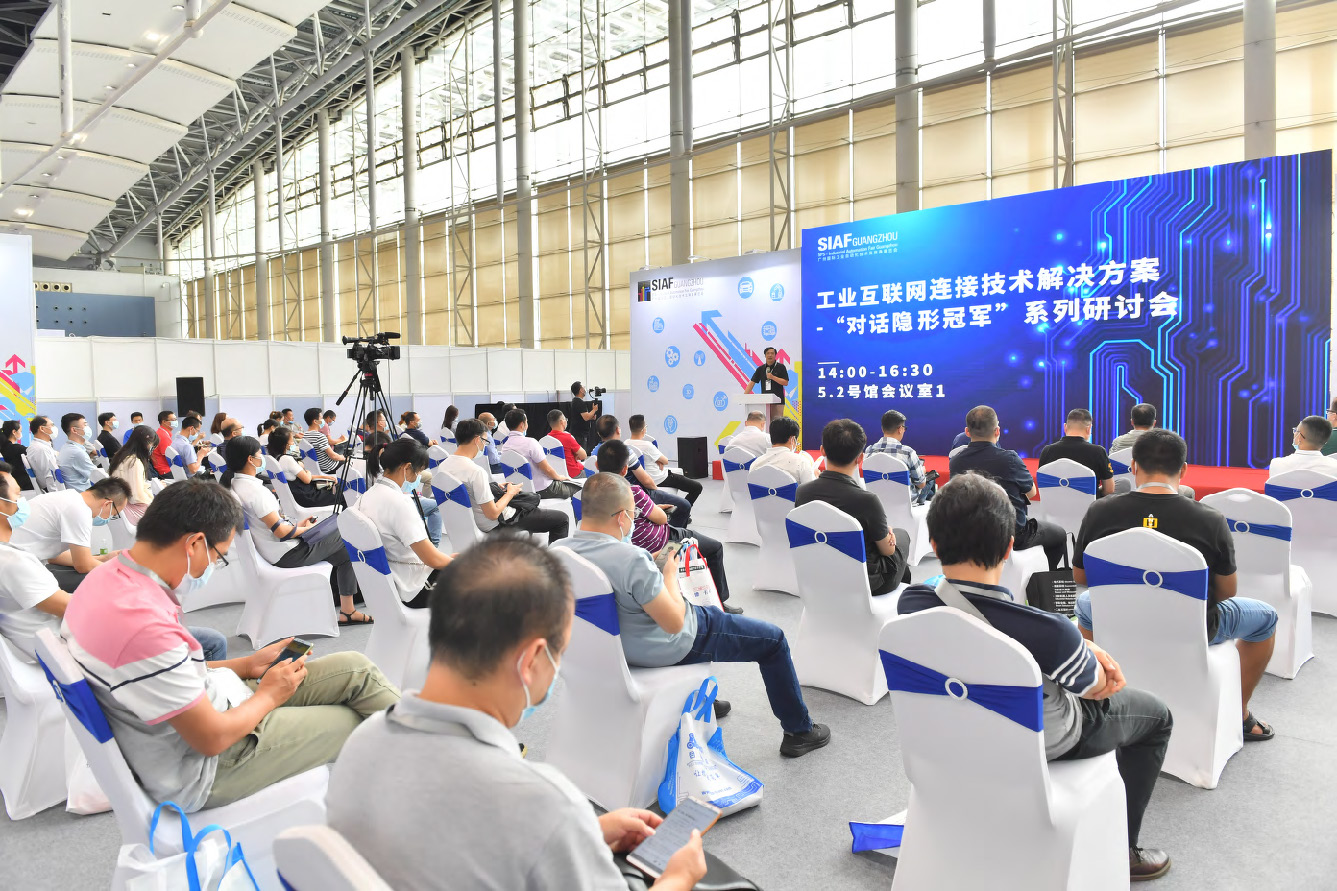
The seminar programme at SIAF Guangzhou is the most important platform for information sharing and networking for industrial automation and its applications in China. In the seminars, you can:
- Access to the current and future developments in industrial automation
- Understand common problems and their solutions
- Discuss and exchange experiences with invited delegates
The 2019 programme was from 10 – 12 March 2019.
SIAF Conference 2020 Schedule at a Glance
*Amendment to the above schedule is possible, please refer to the final agenda on-site.
| Conference Room 1 |
|
||
| AM |
Opening Ceremony CPS (Cyber Physical System) and data transactions in Manufacturing -IIndustrialValue Chain Initiative (IVI) |
"Smart Manufacturing in 5G Era" ForumInnovation-Driven, Digital Upgrade -5G New Infrastructure + Smart Manufacturing -Gongkong |
Smart Industry Solutions-Robotics/drives |
| PM |
Industrial Internet Connecting Solutions -“Hidden Champion” Series |
IT meets Automation -OPC Foundation |
|
| Conference Room 2 |
|||
| AM |
“Smart manufacturing + IoT” Seminar International Smart Manufacturing Industry Alliance (iSMiA) Specialty Committee of Internet of Things
|
Smart Industry Solutions-Sensor 4.0 |
Smart Industry Solutions-Preventive/Predictive Maintenance |
| PM |
Applications of Digital Factories in Manufacturing under New Infrastructure -ilinki.net |
||
| Conference Room 3 |
|||
| AM |
TSN/A Forum -Weka& AVNU |
TSN/A Forum -Weka& AVNU |
|
| PM |
TSN/A Forum -Weka& AVNU |
TSN/A Forum -Weka& AVNU |
|
| Cleanzone Talk |
SIAF Guangzhou 2020 Conference impression
